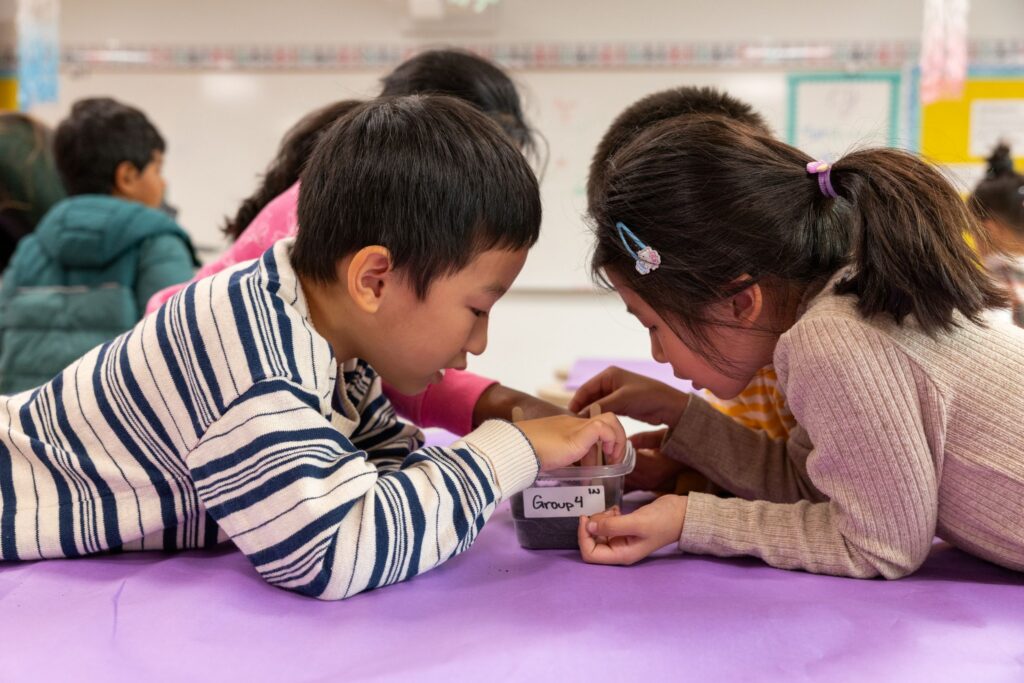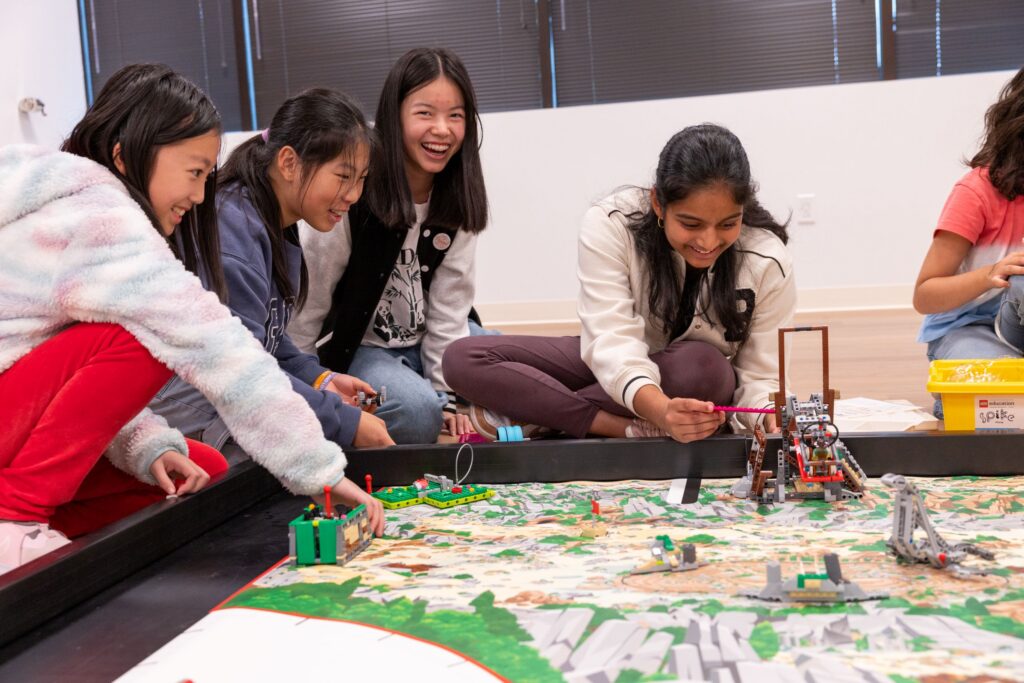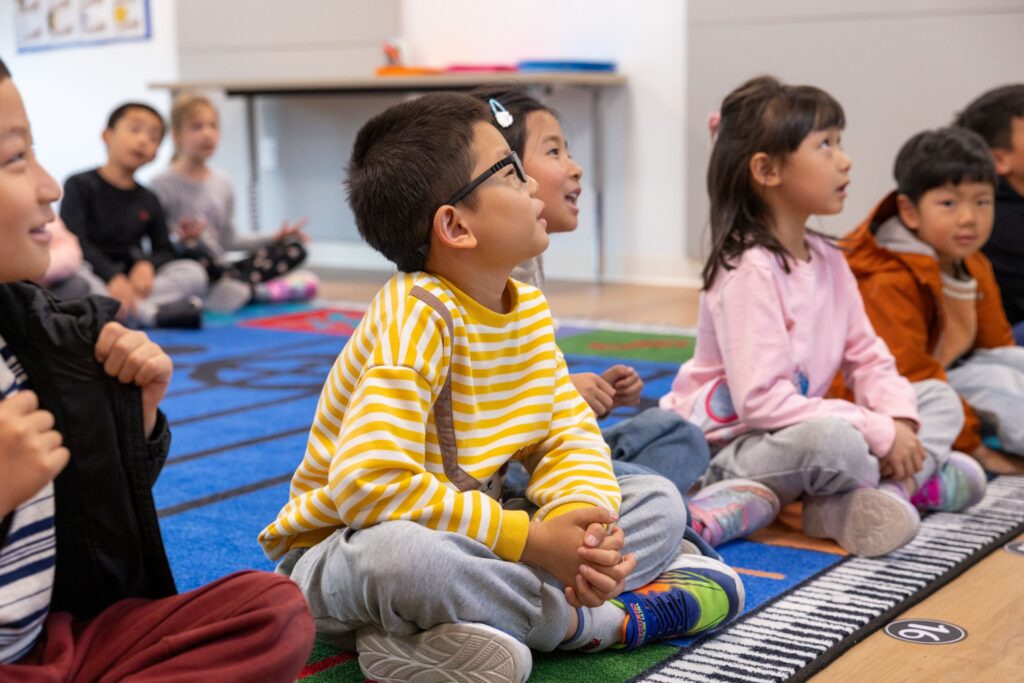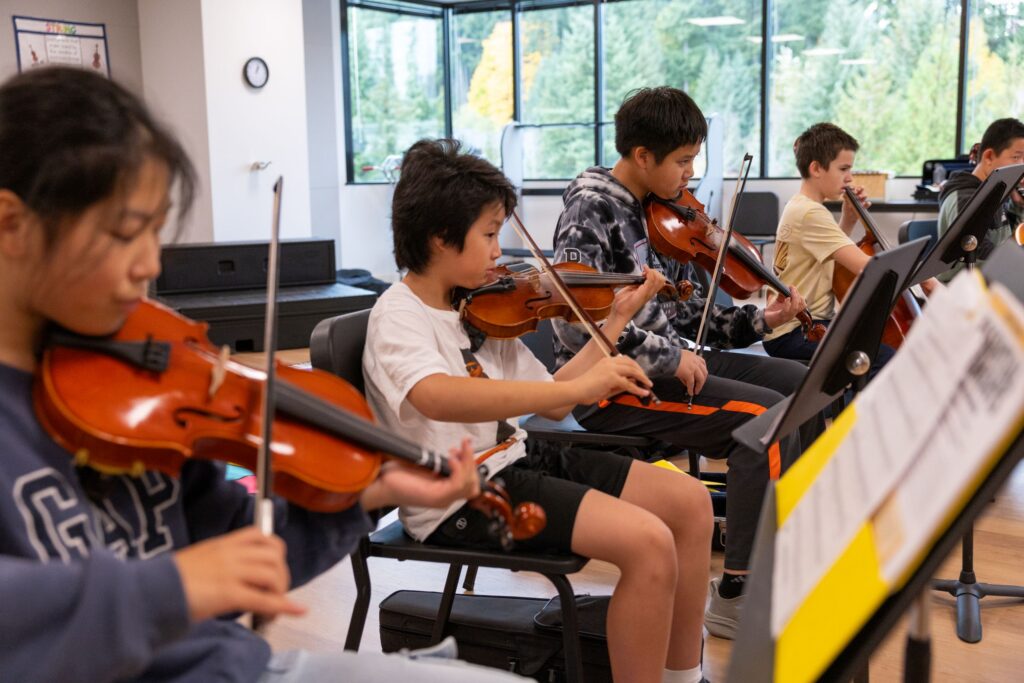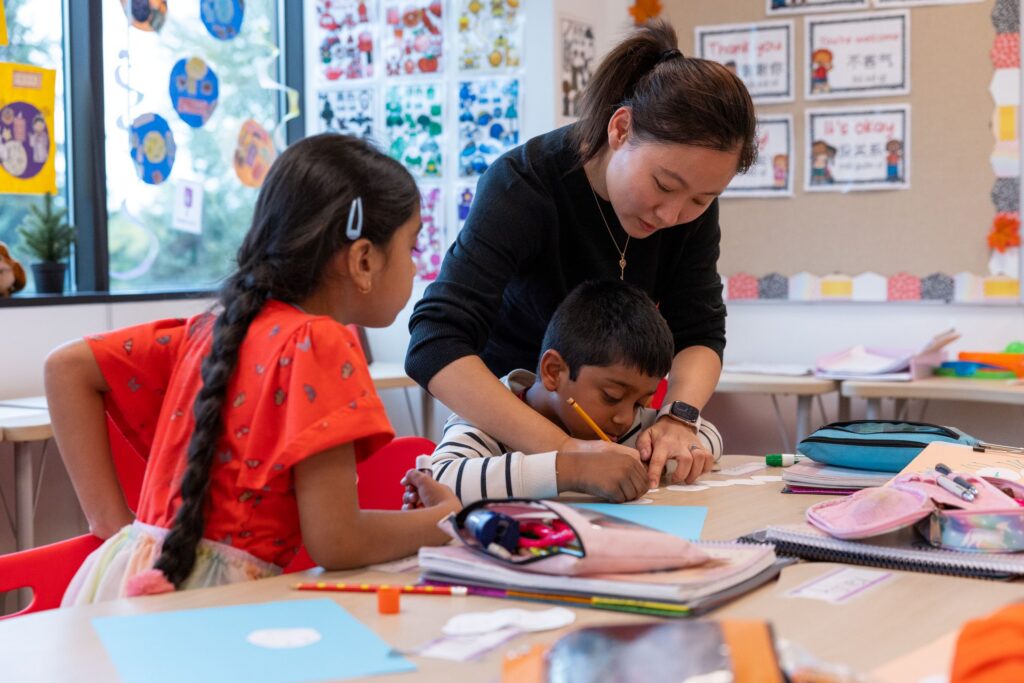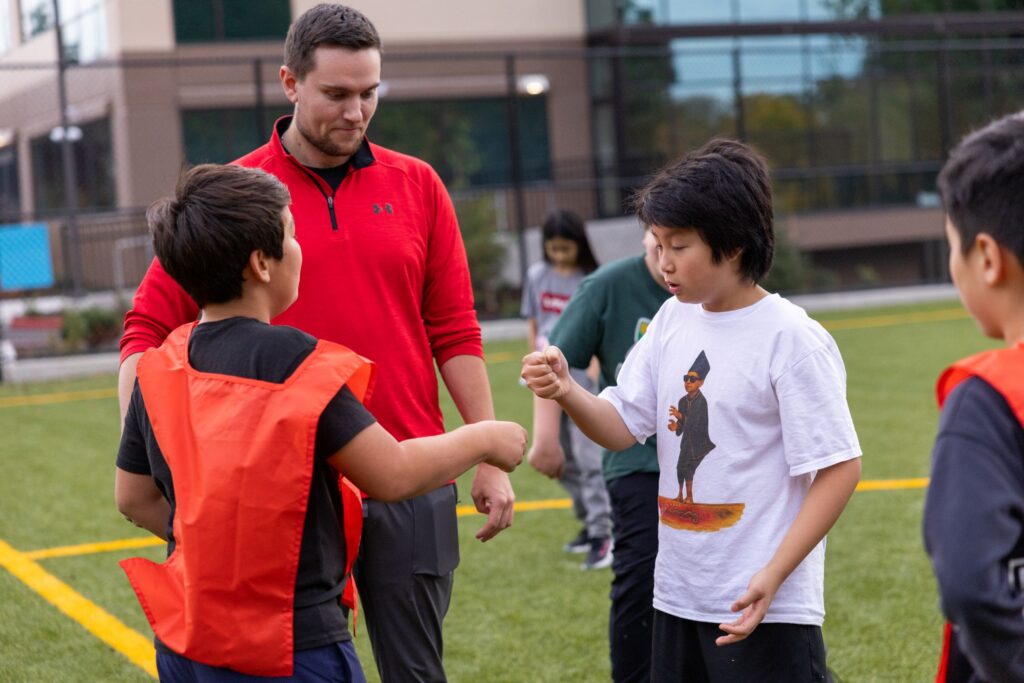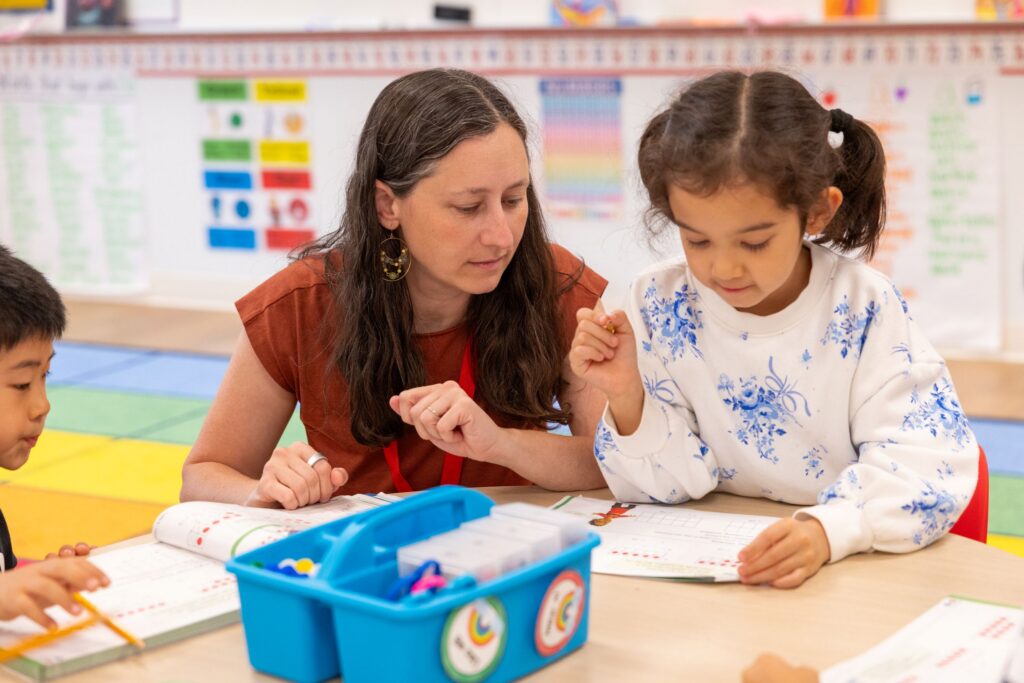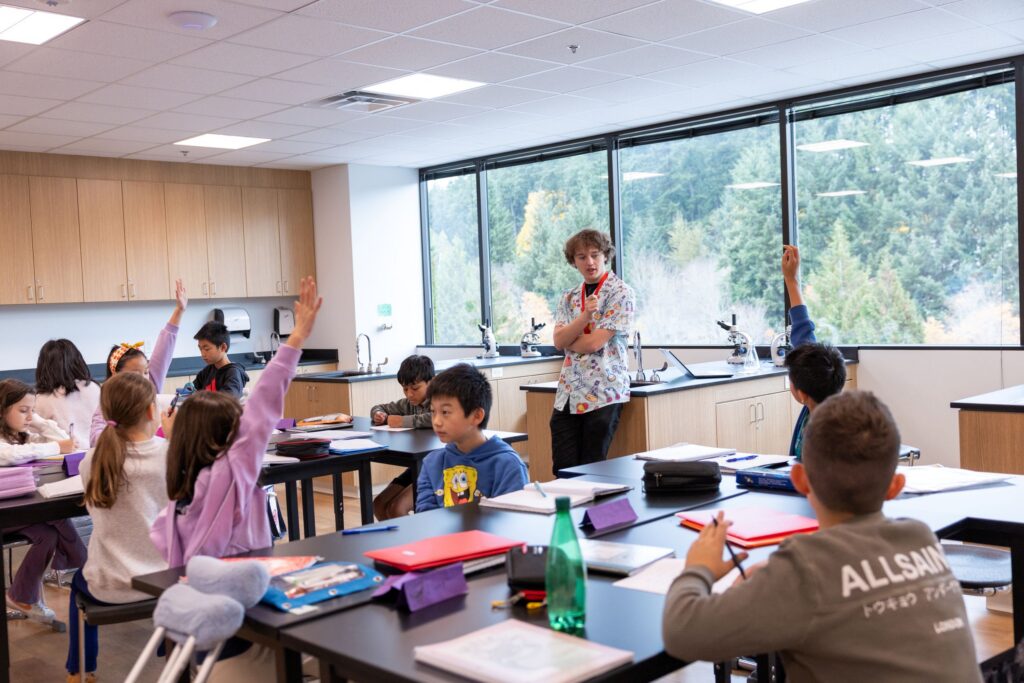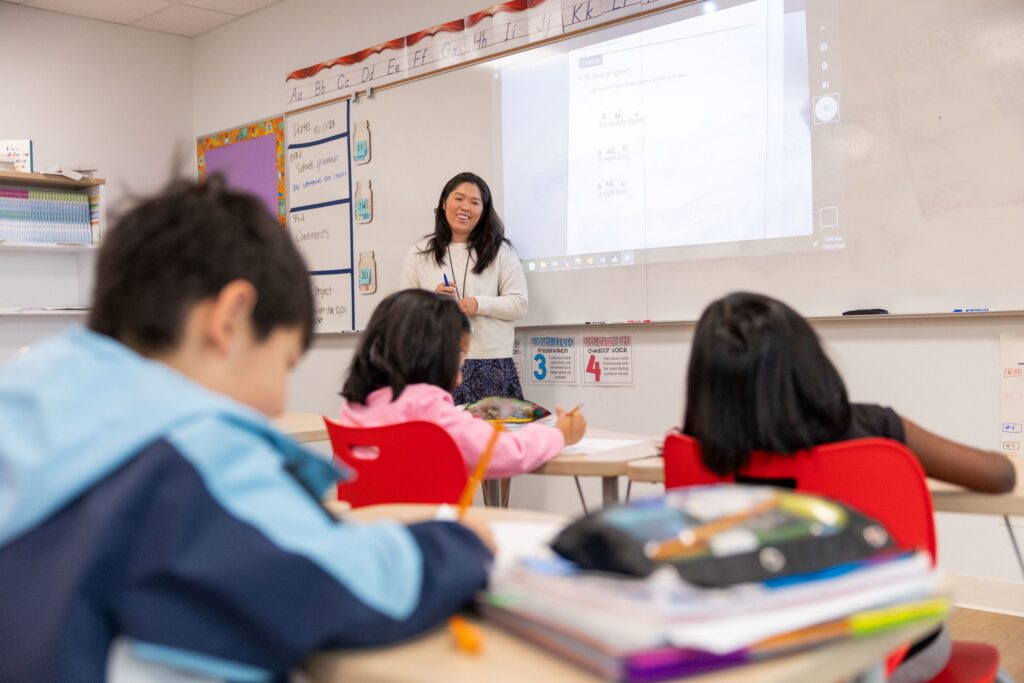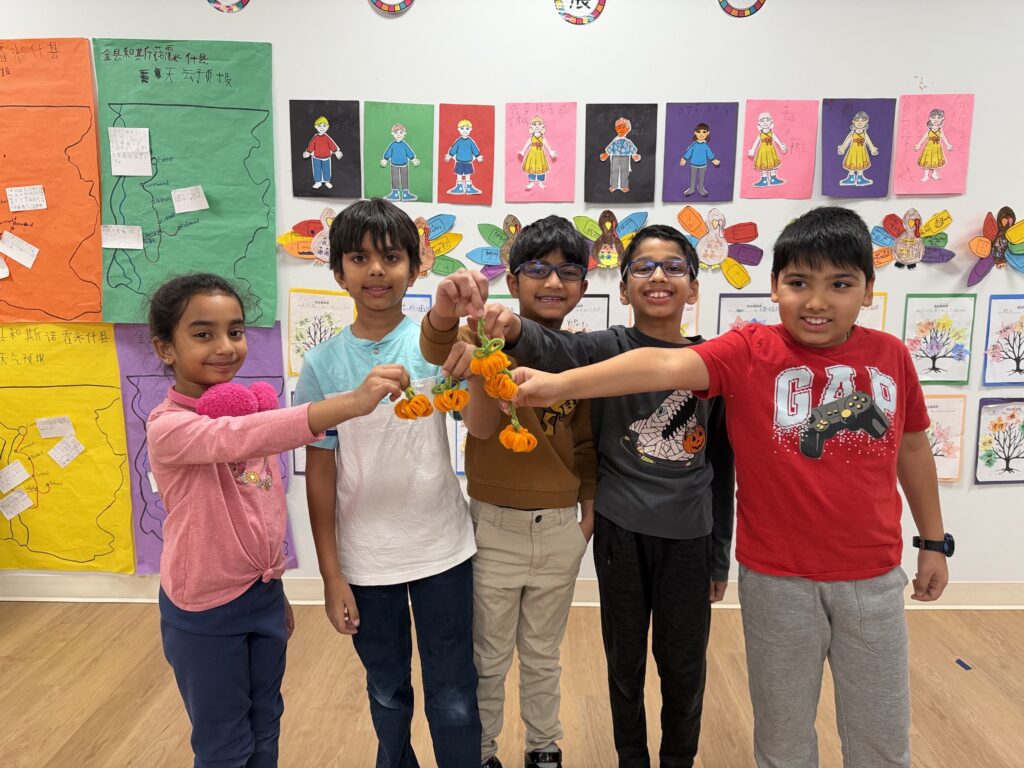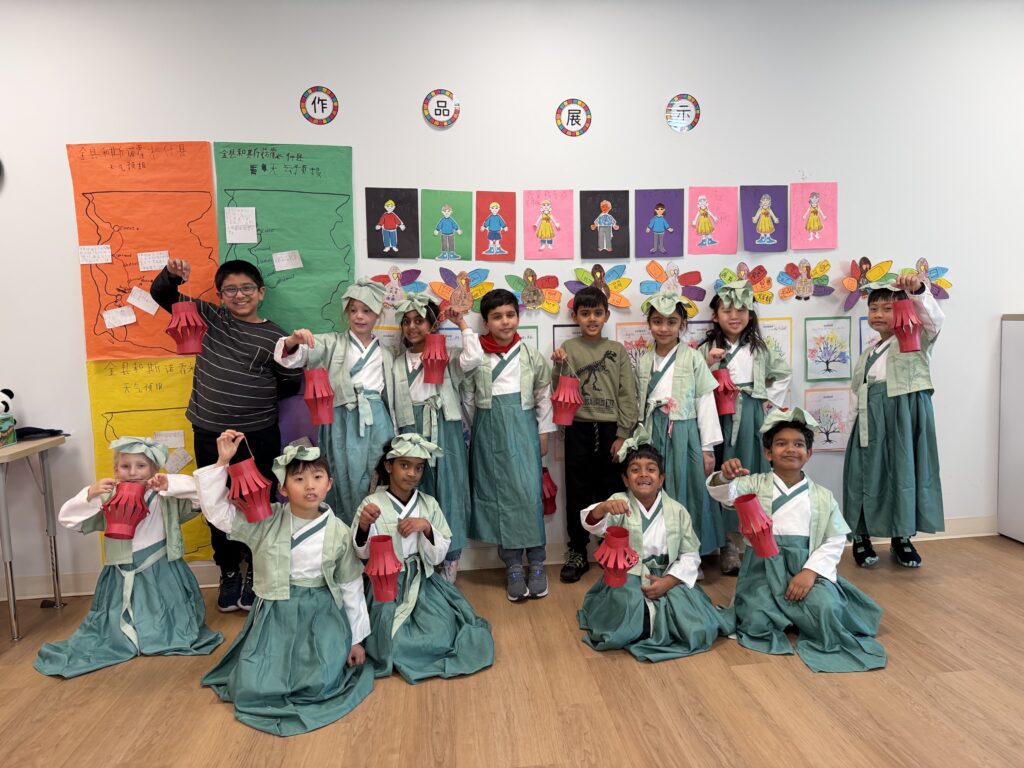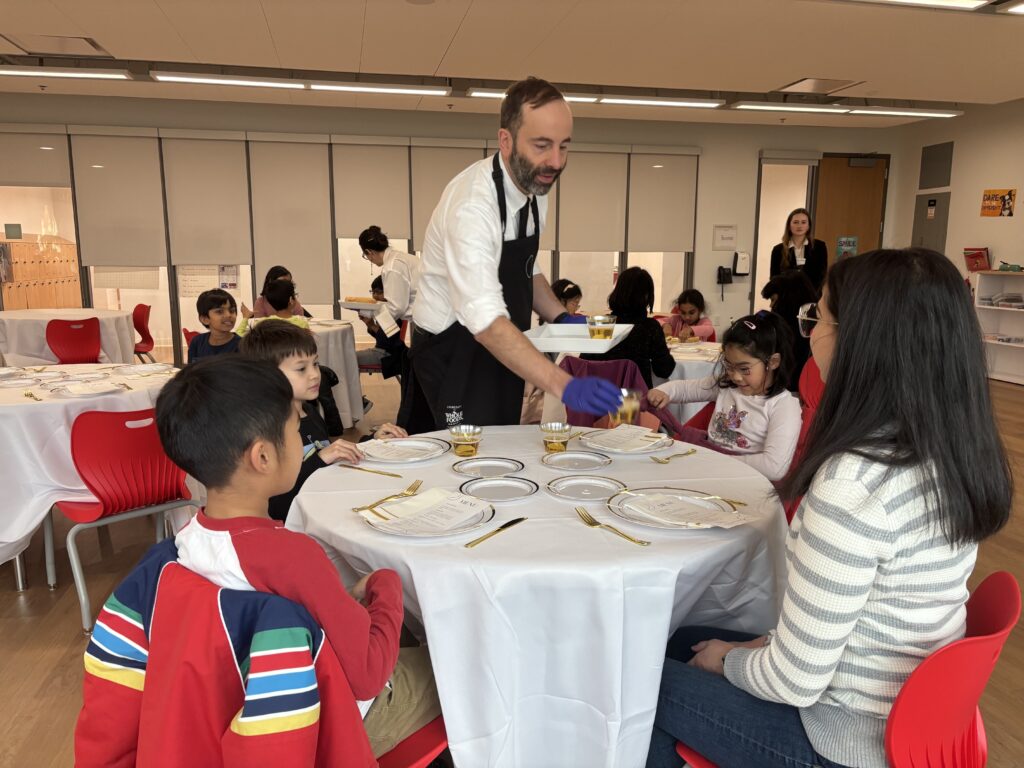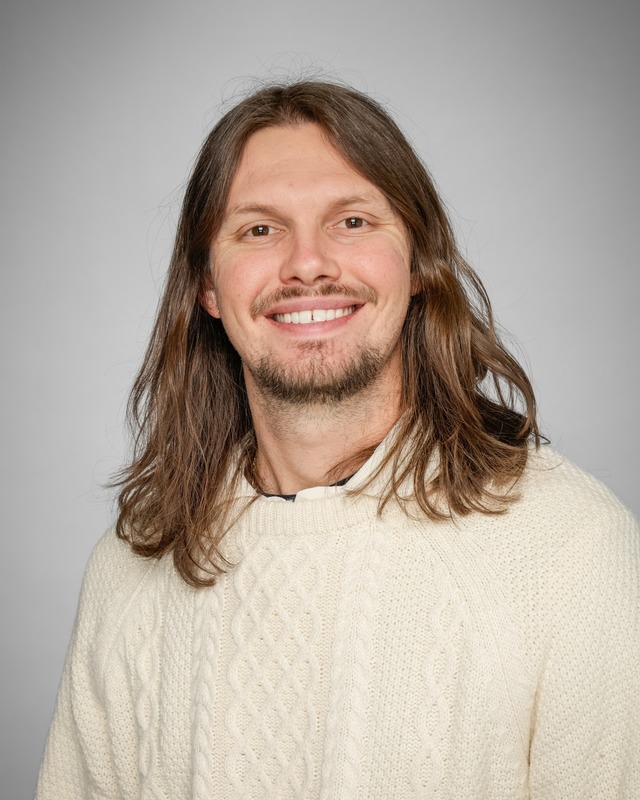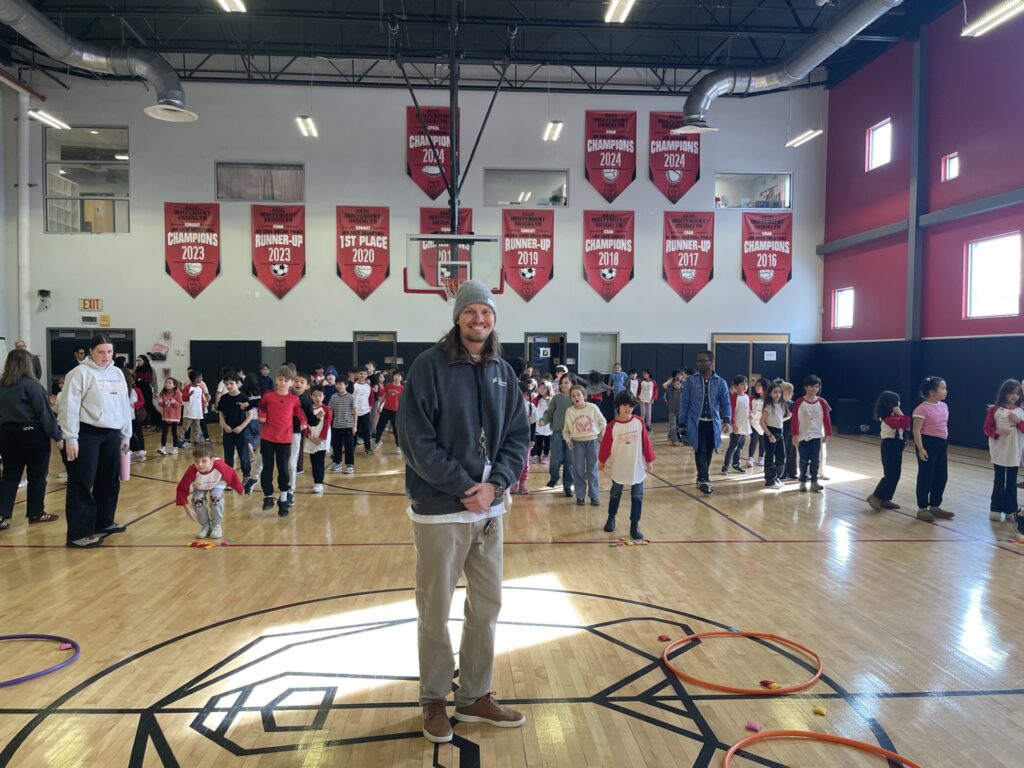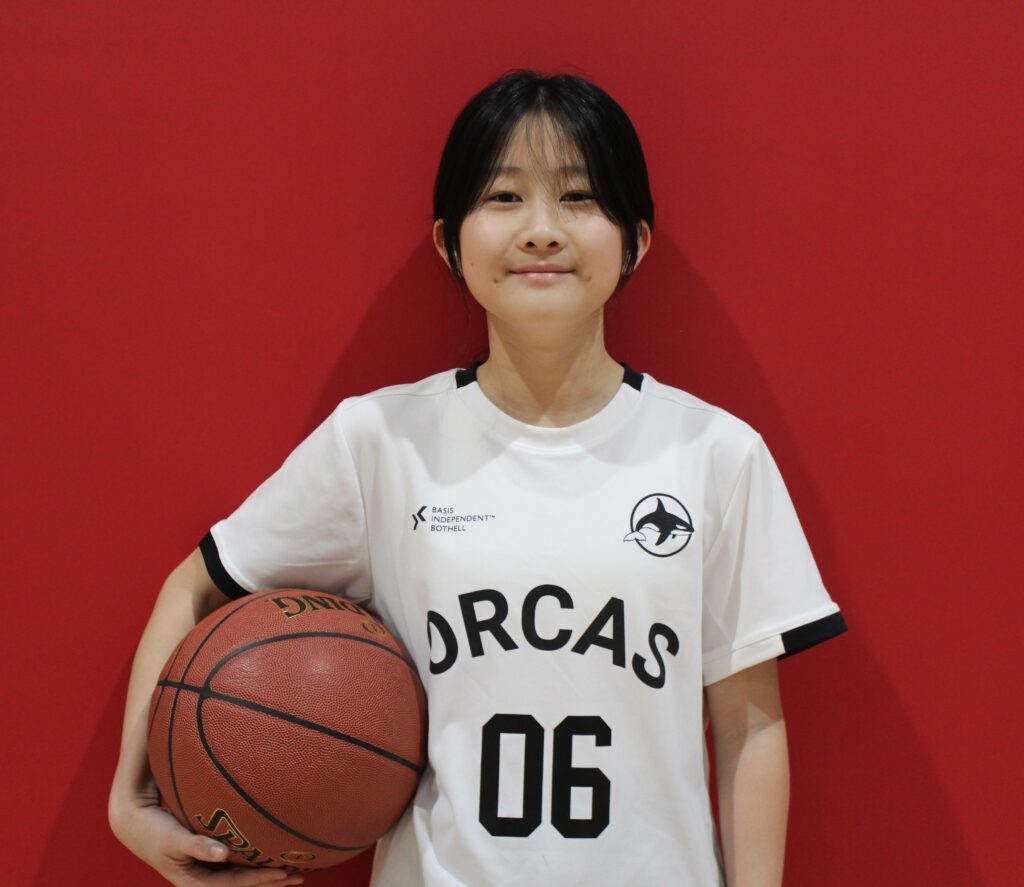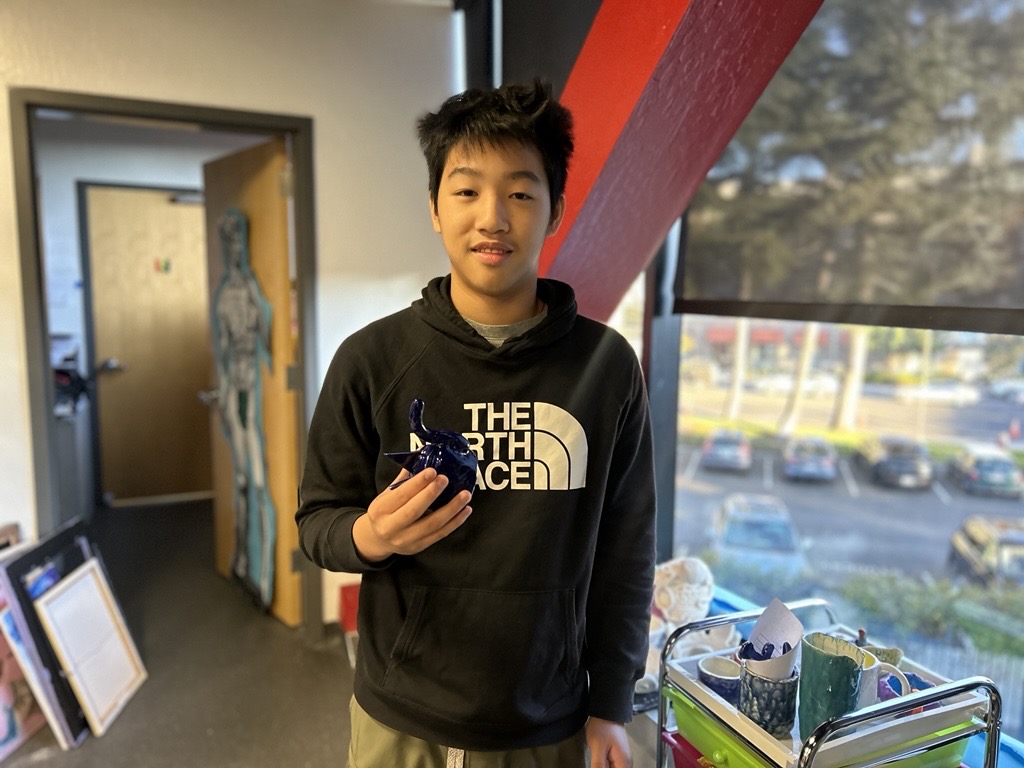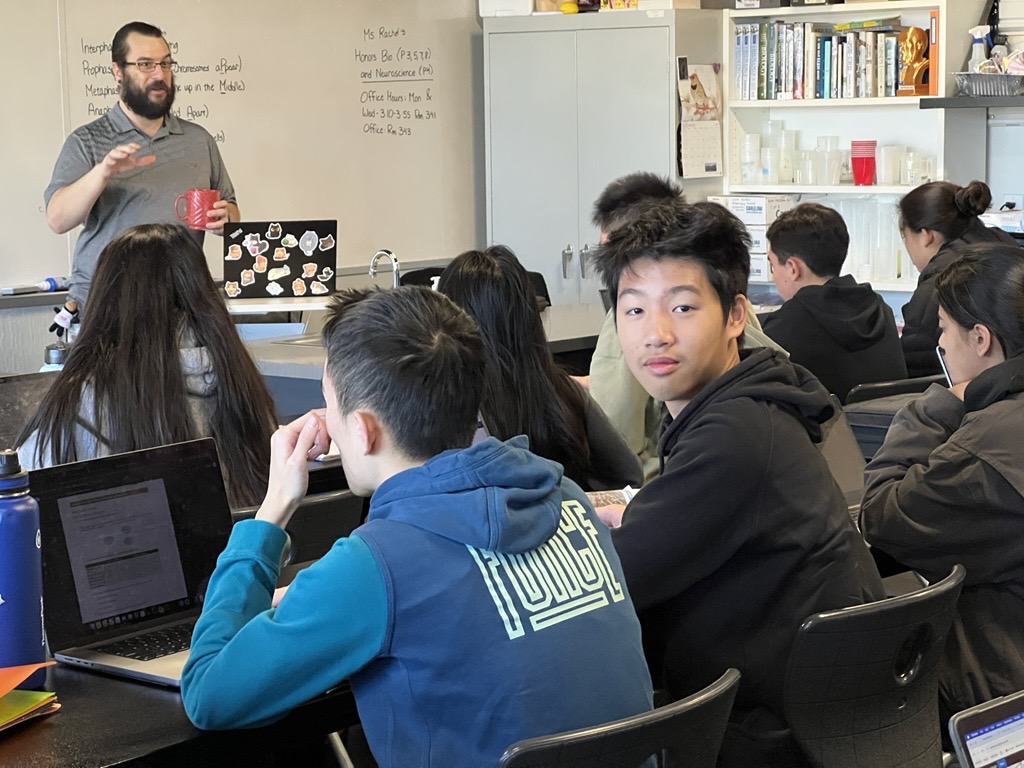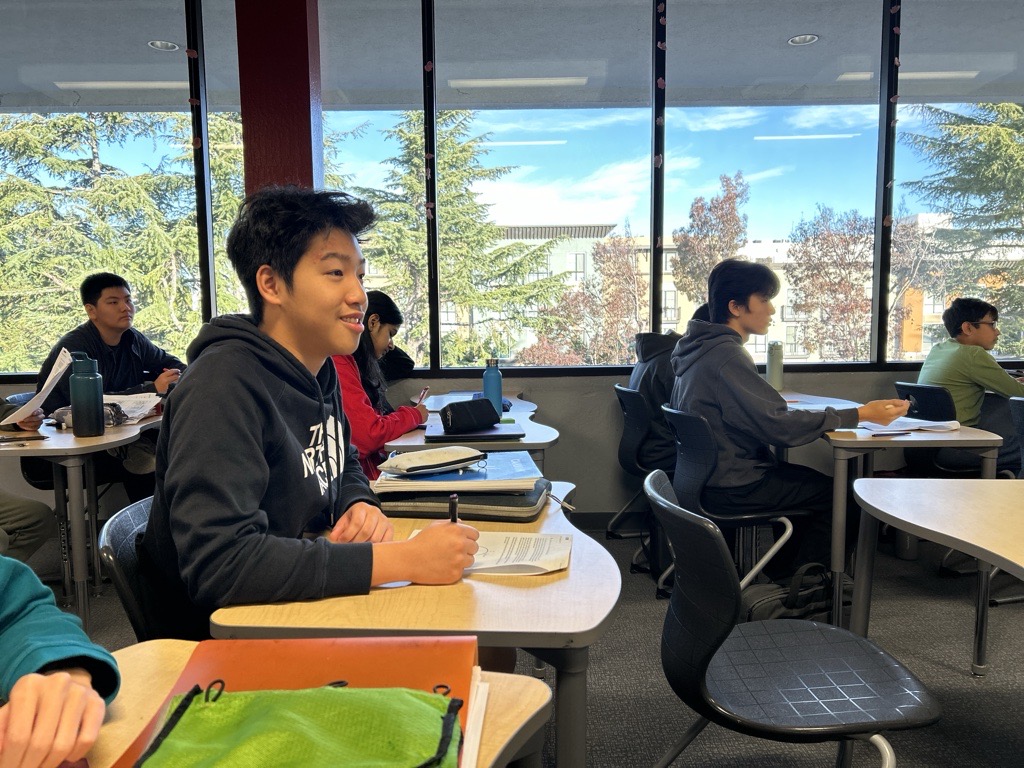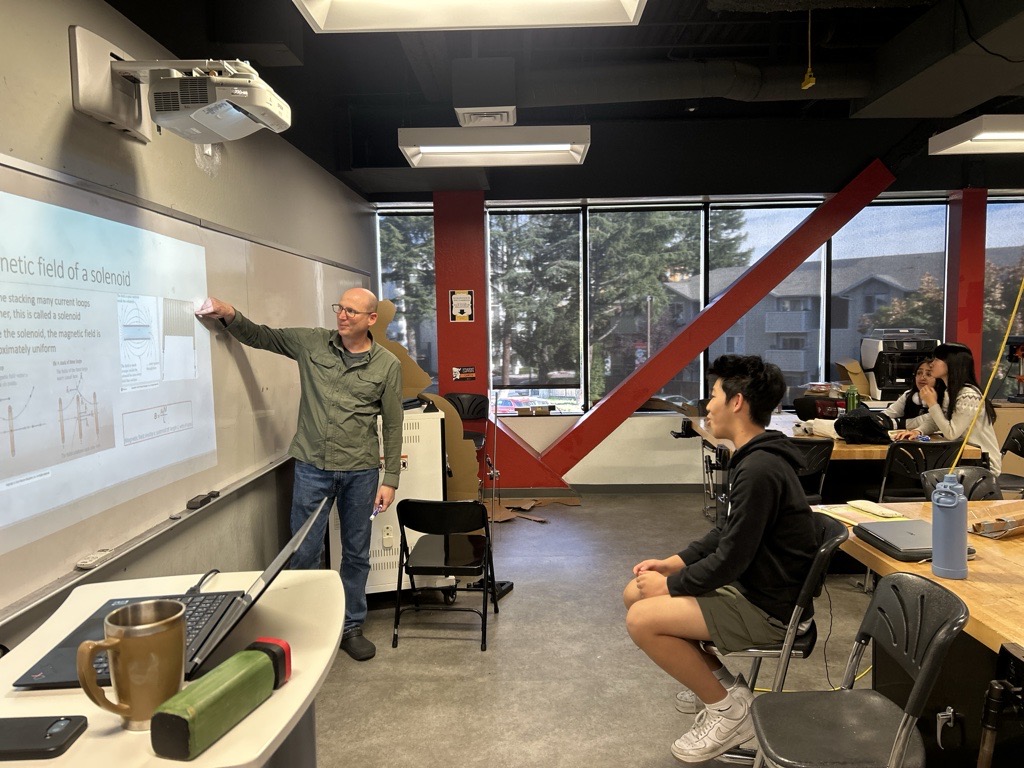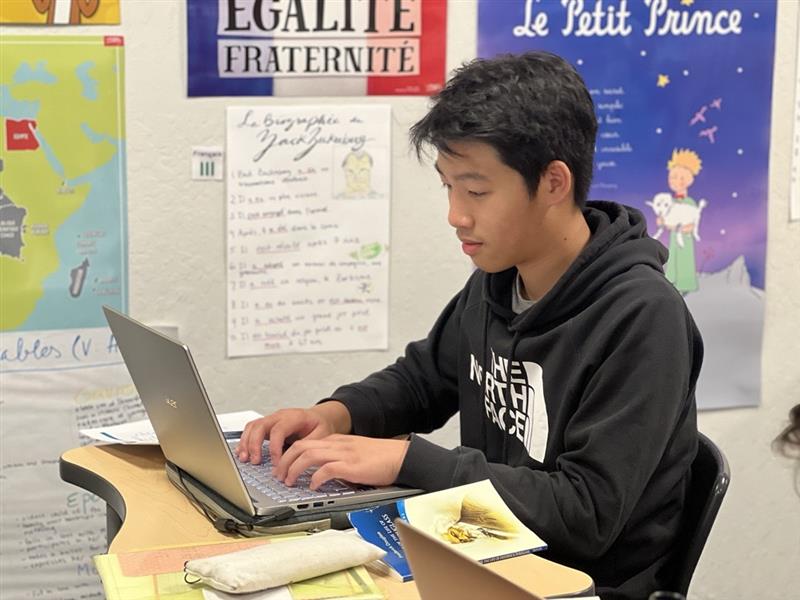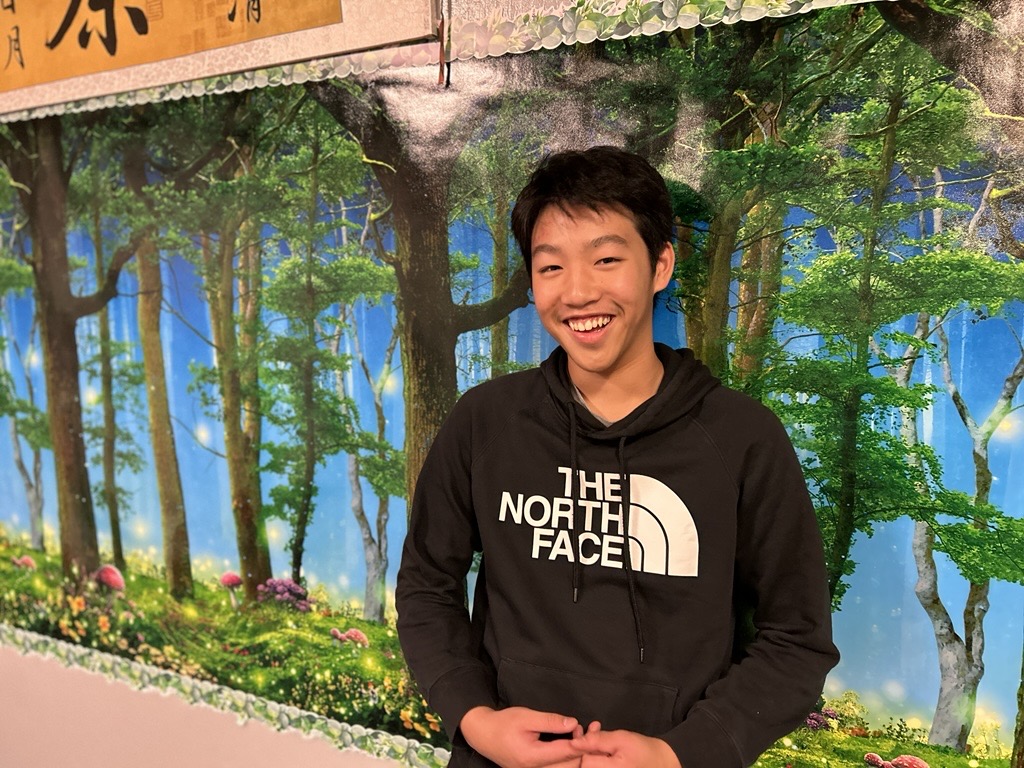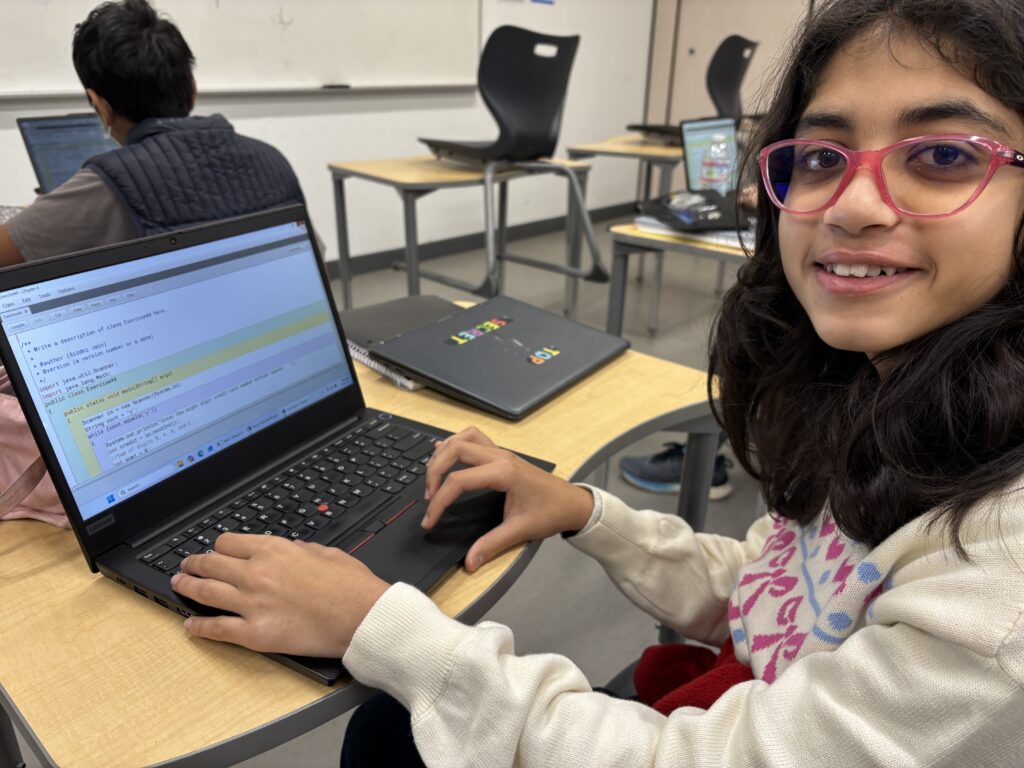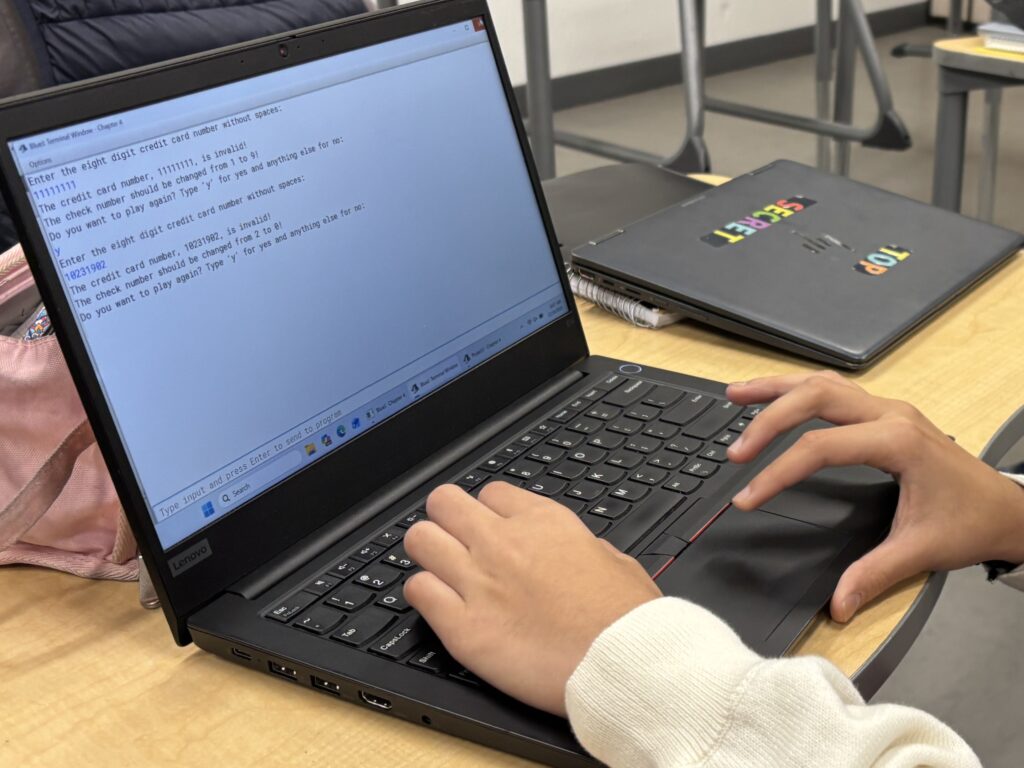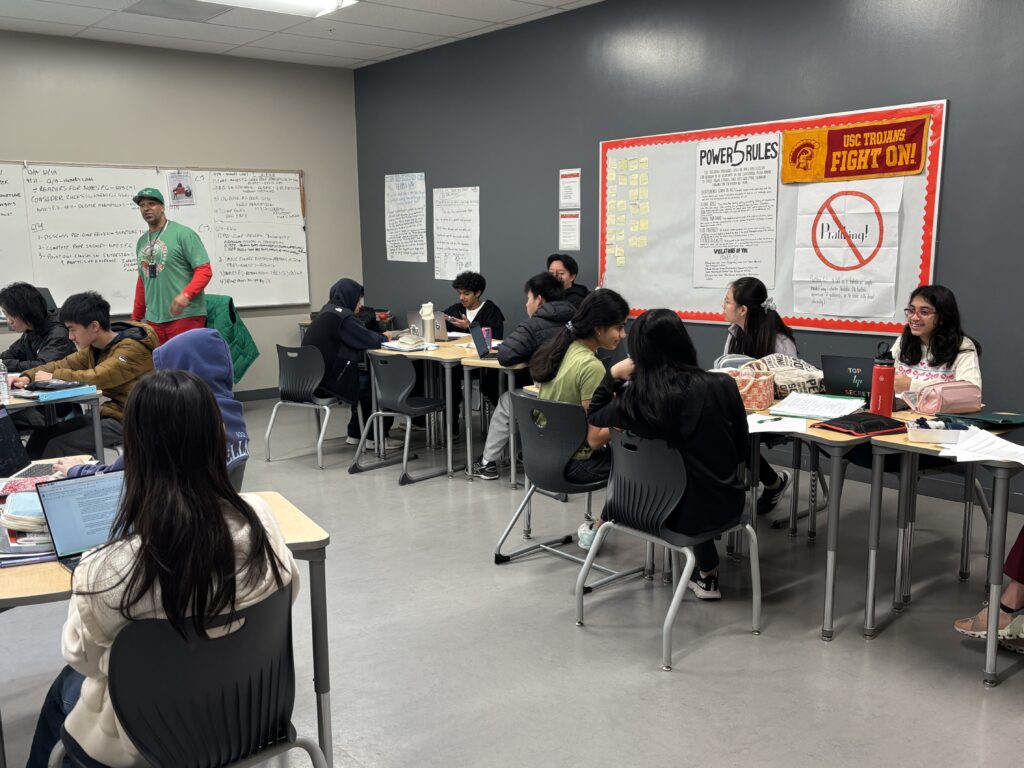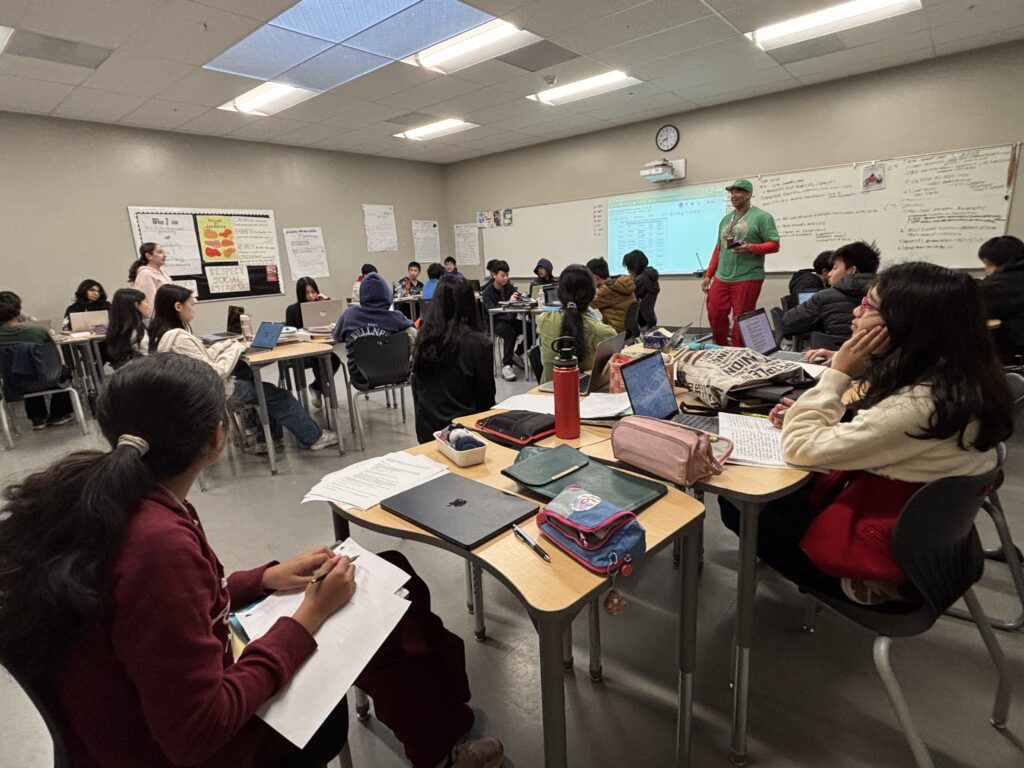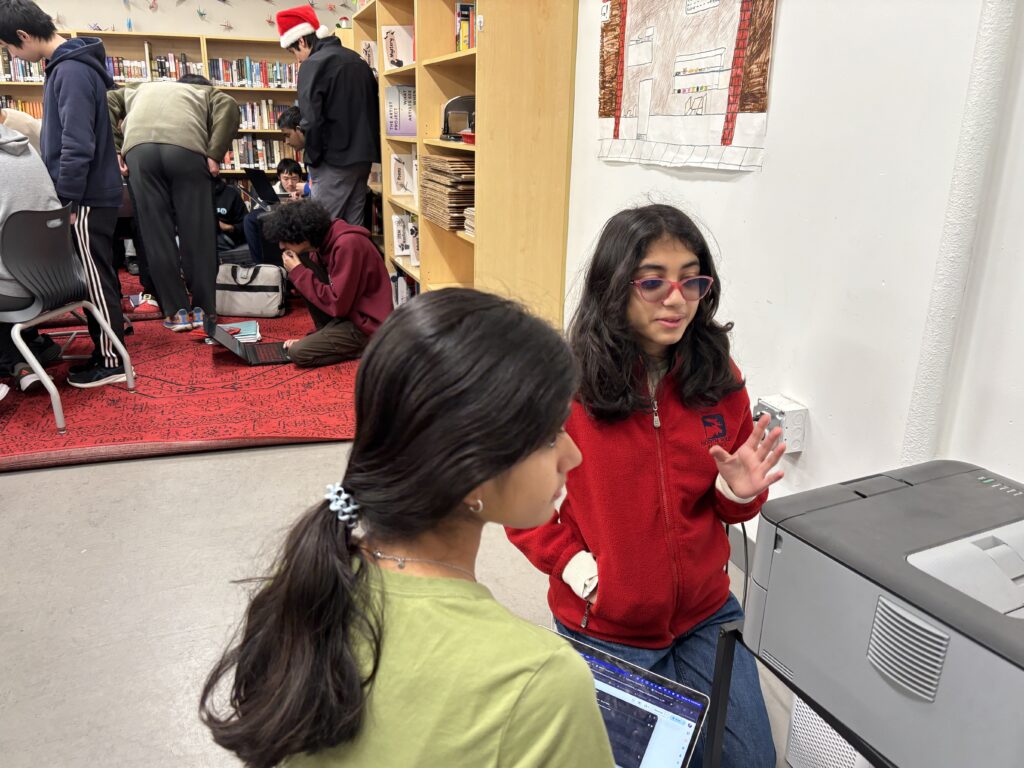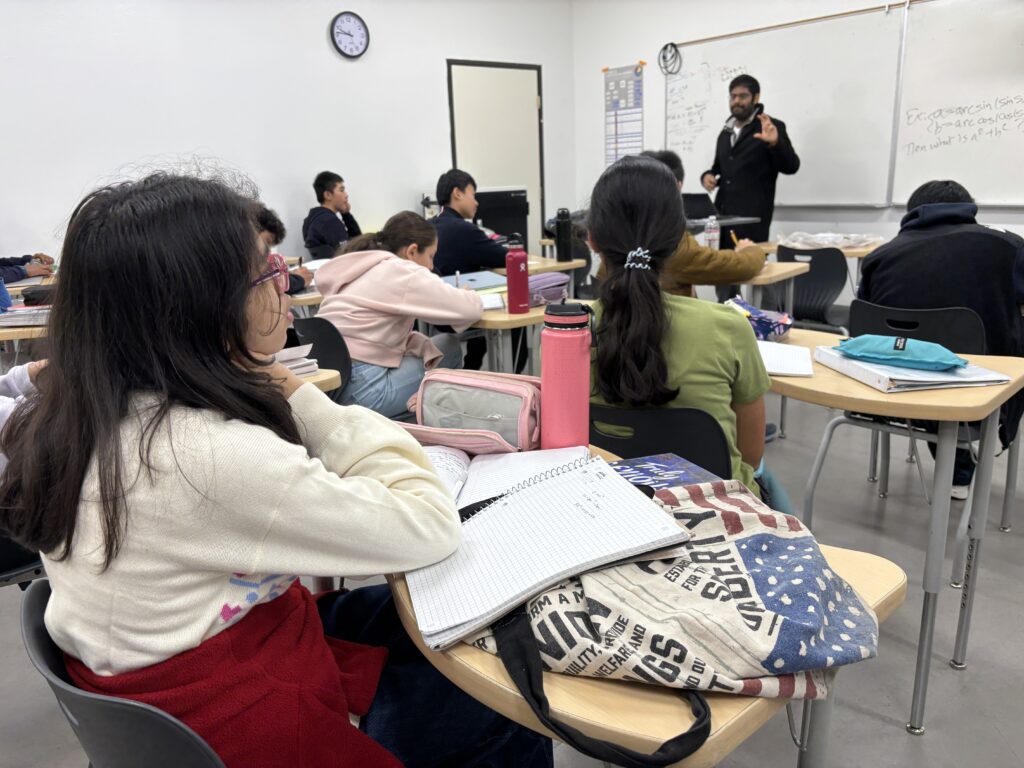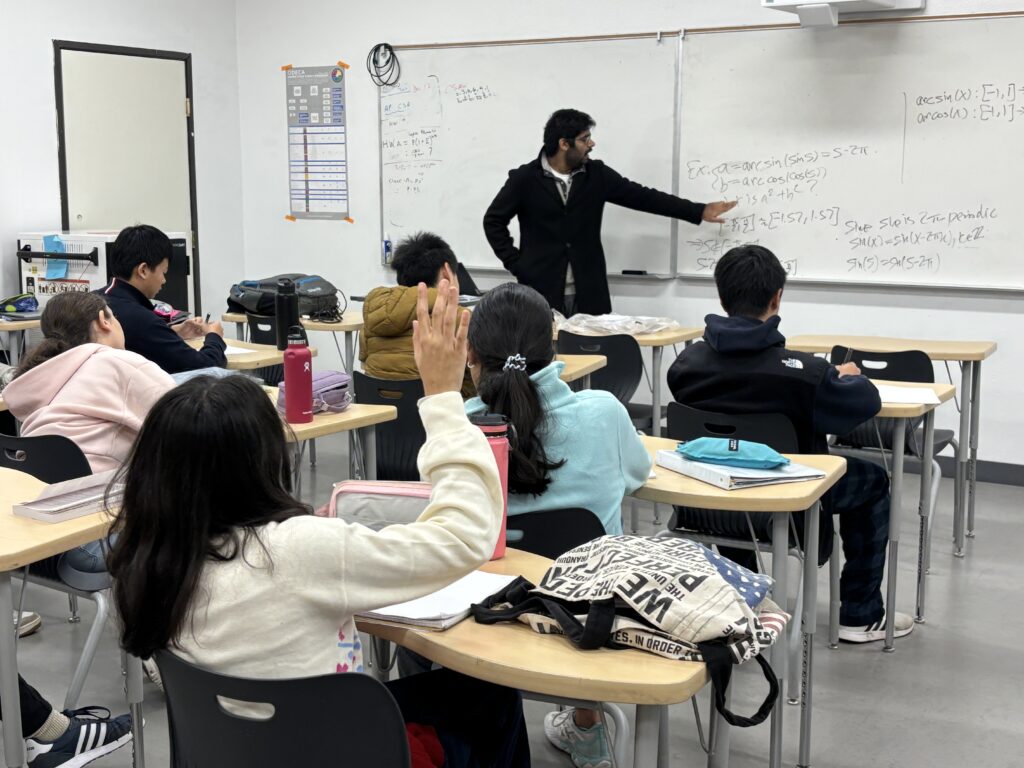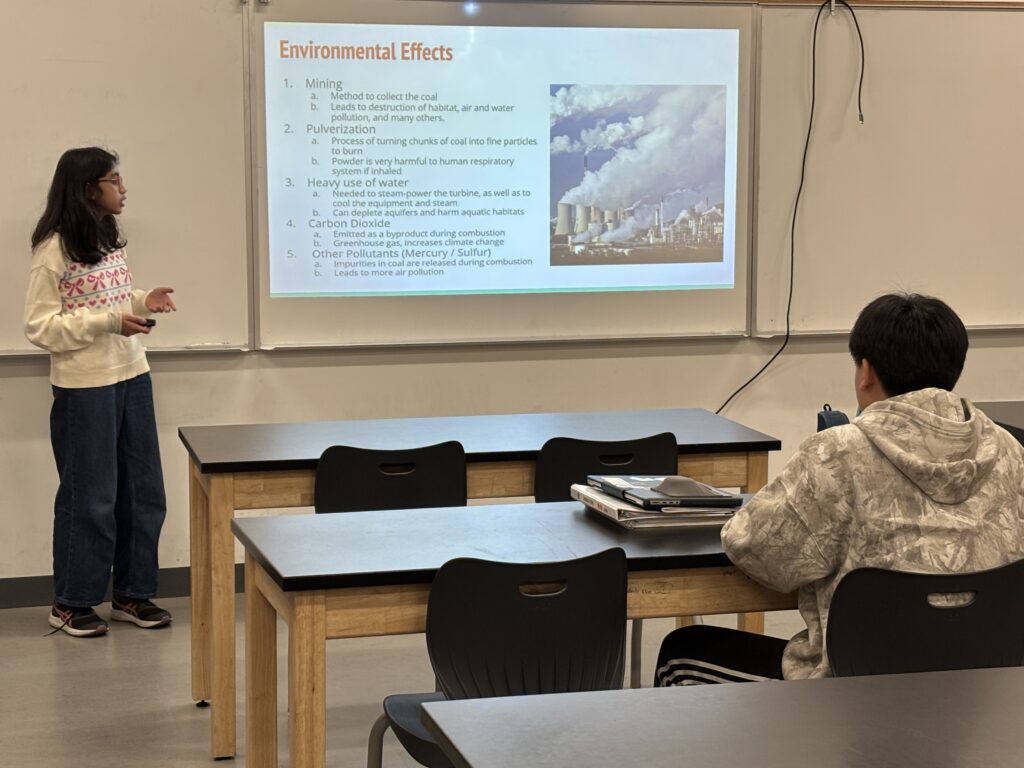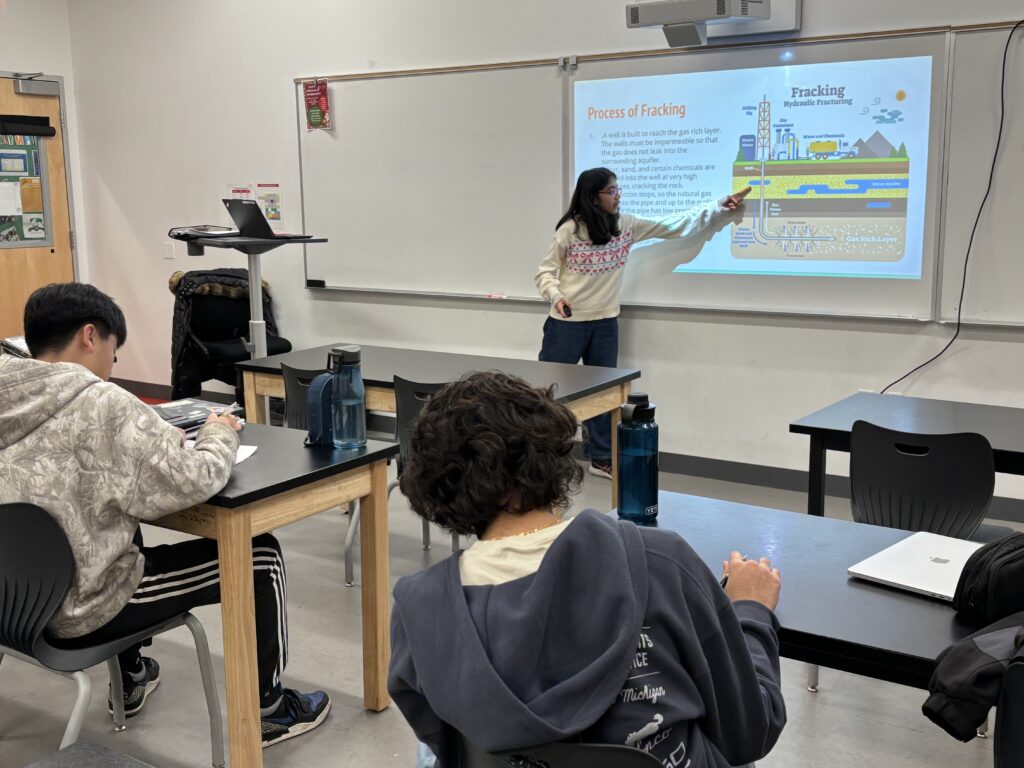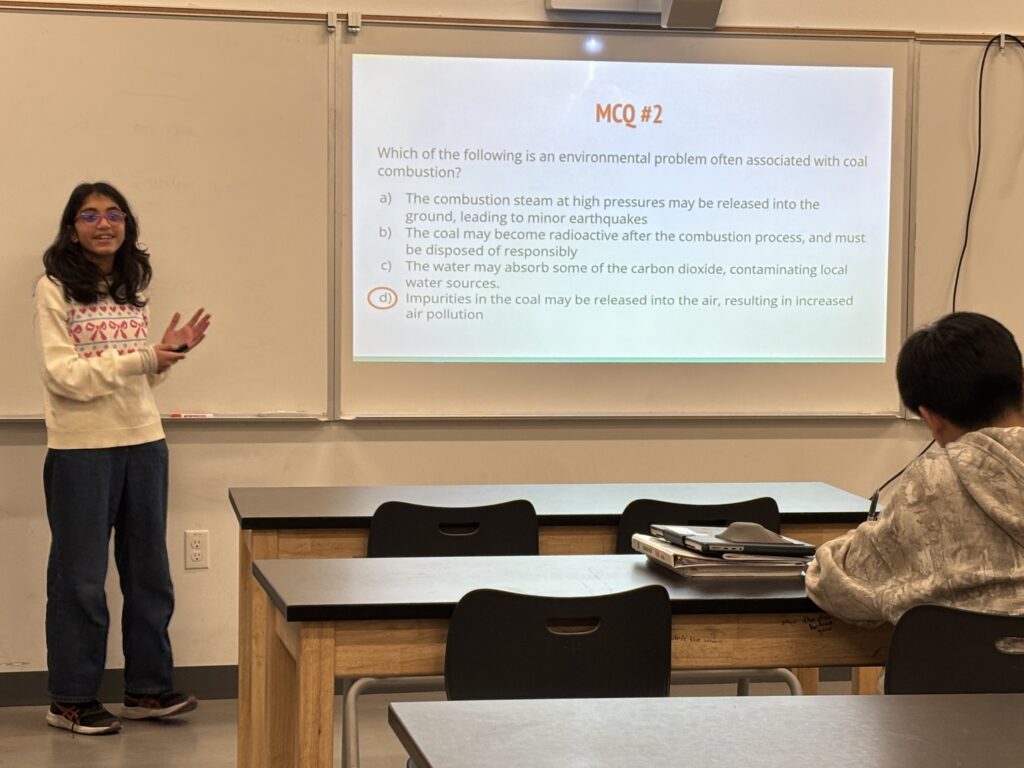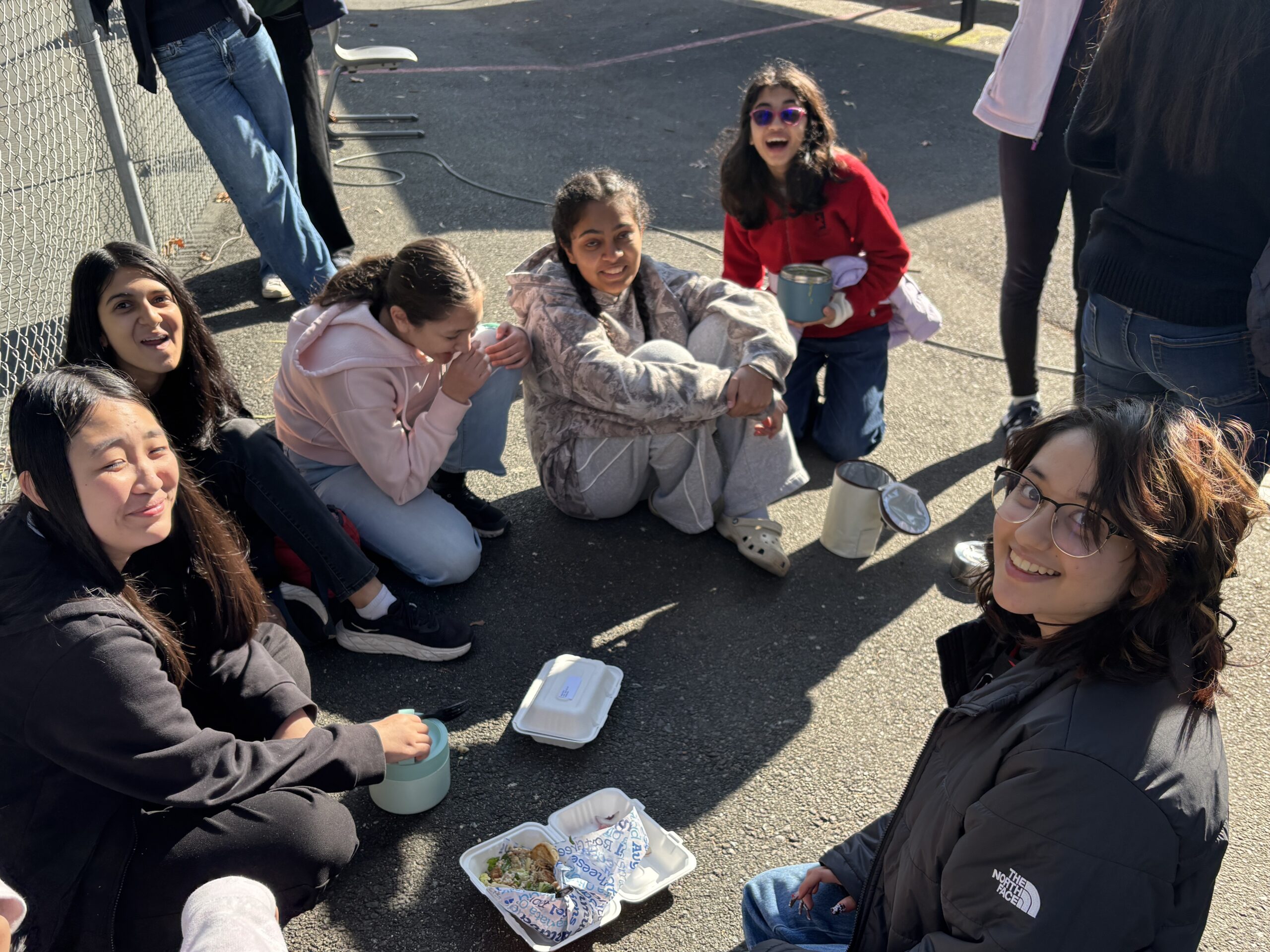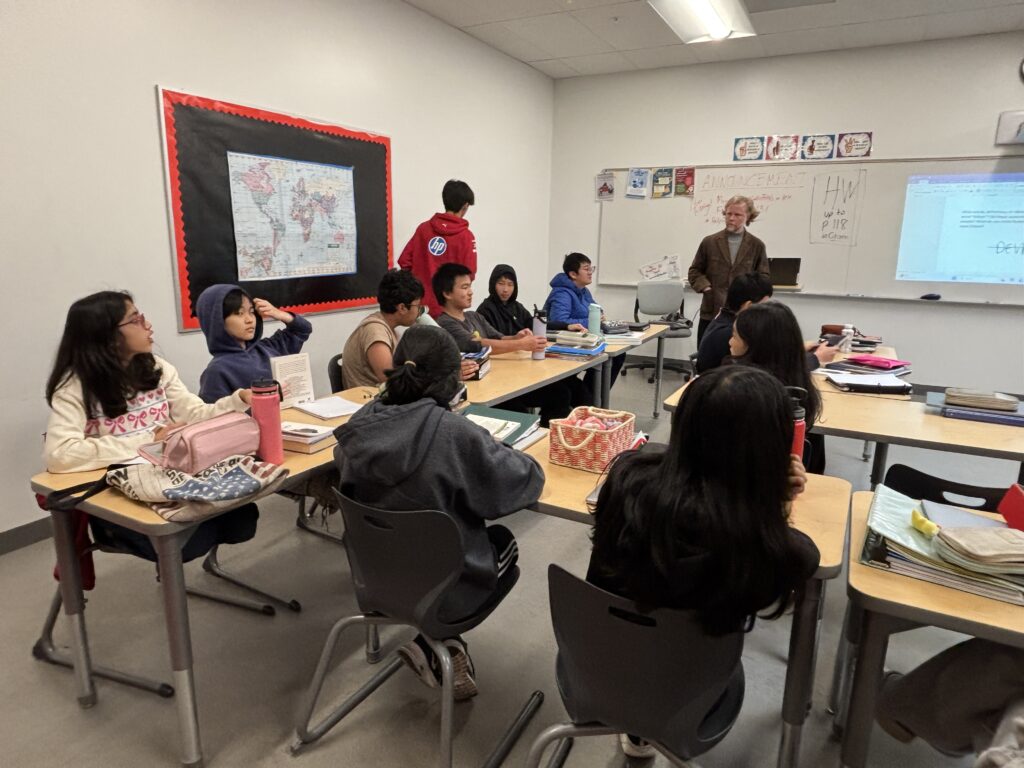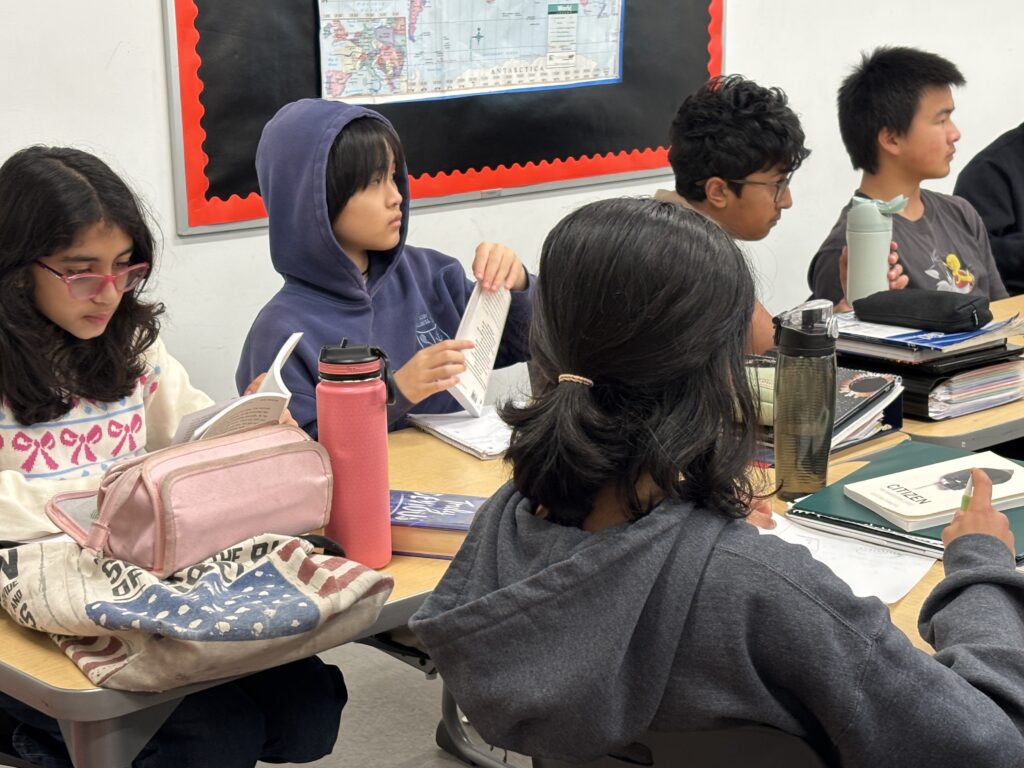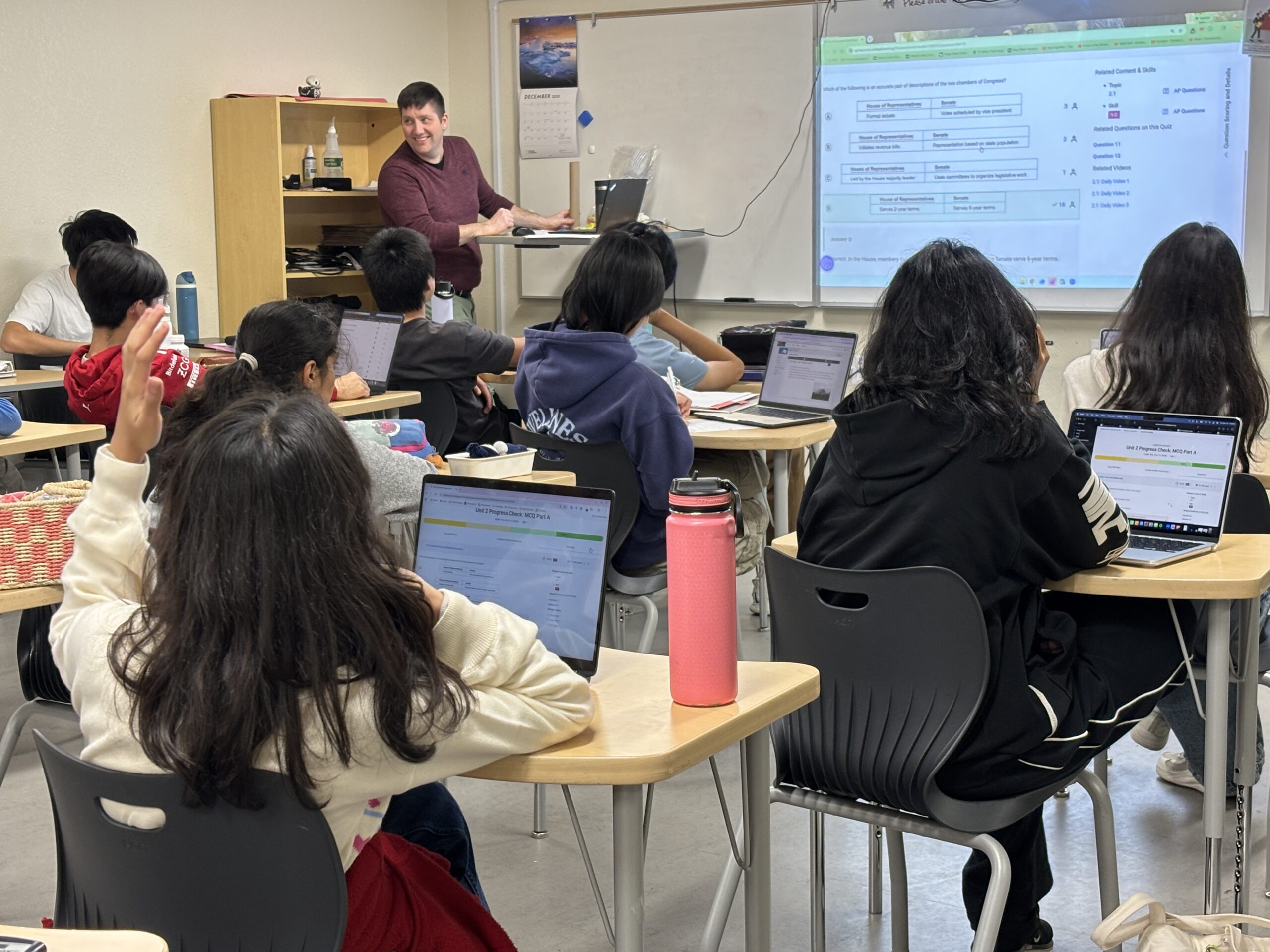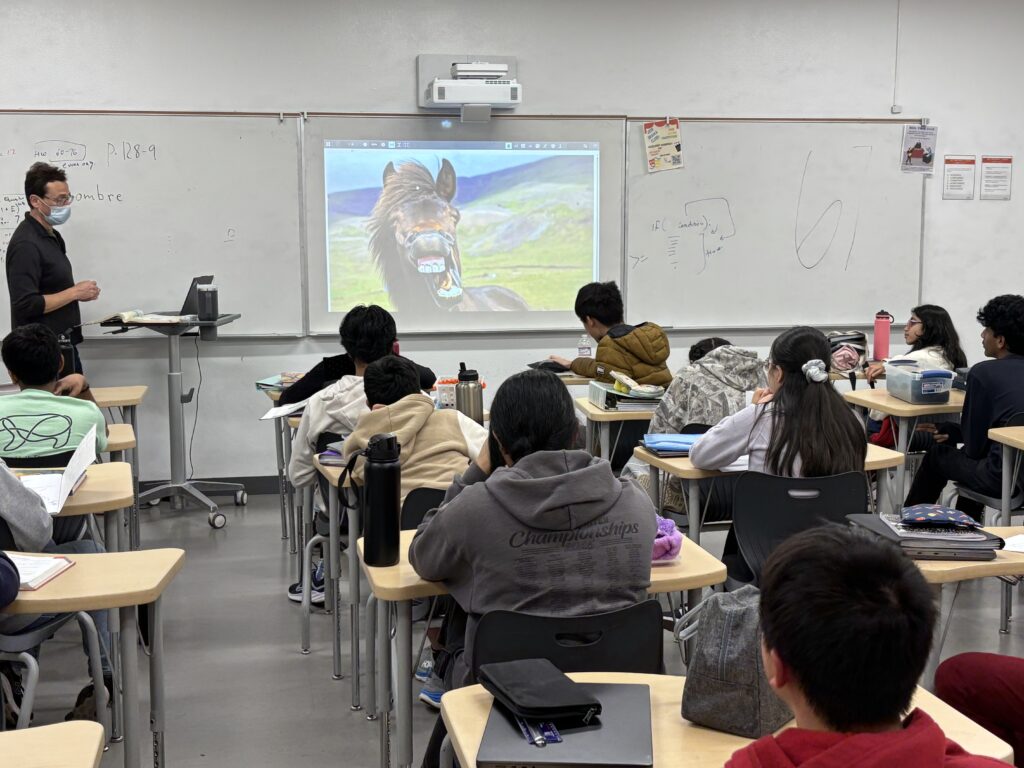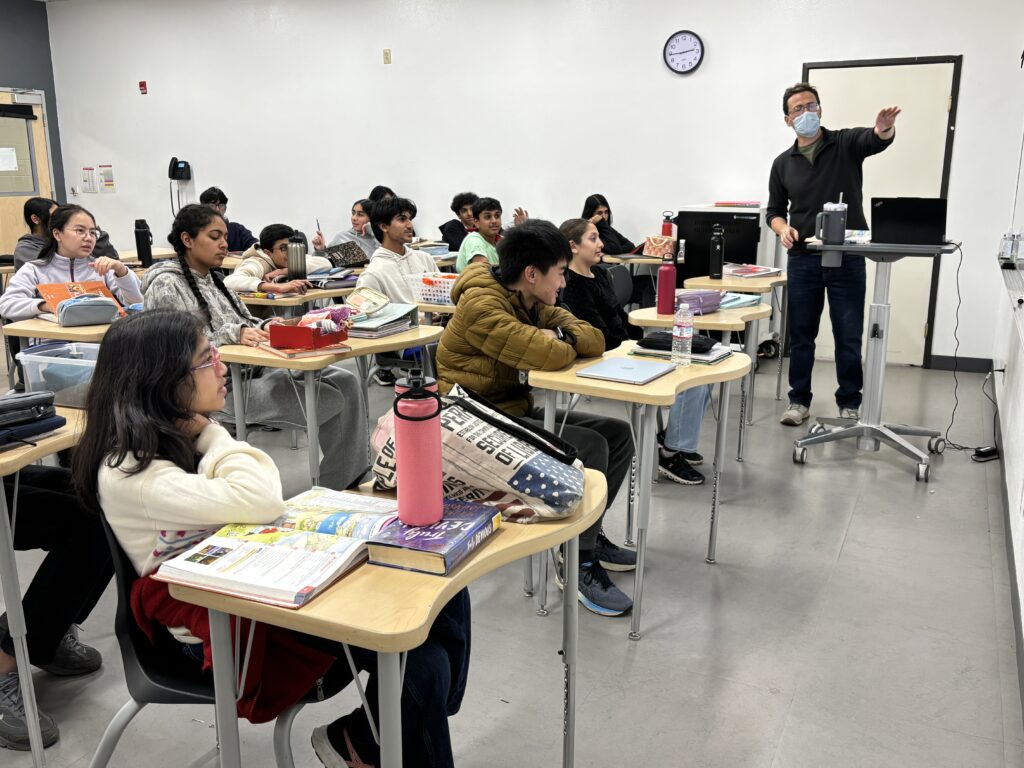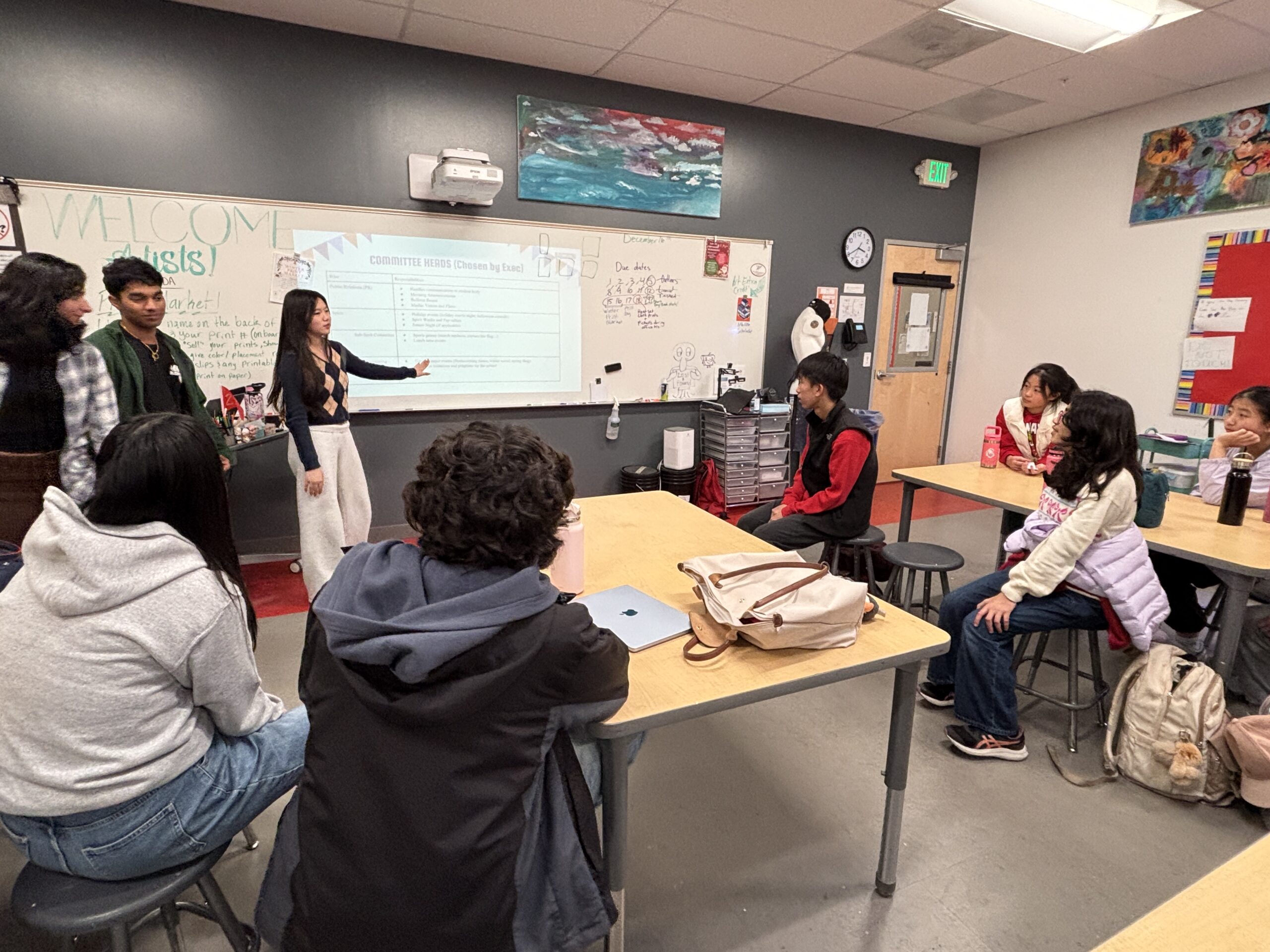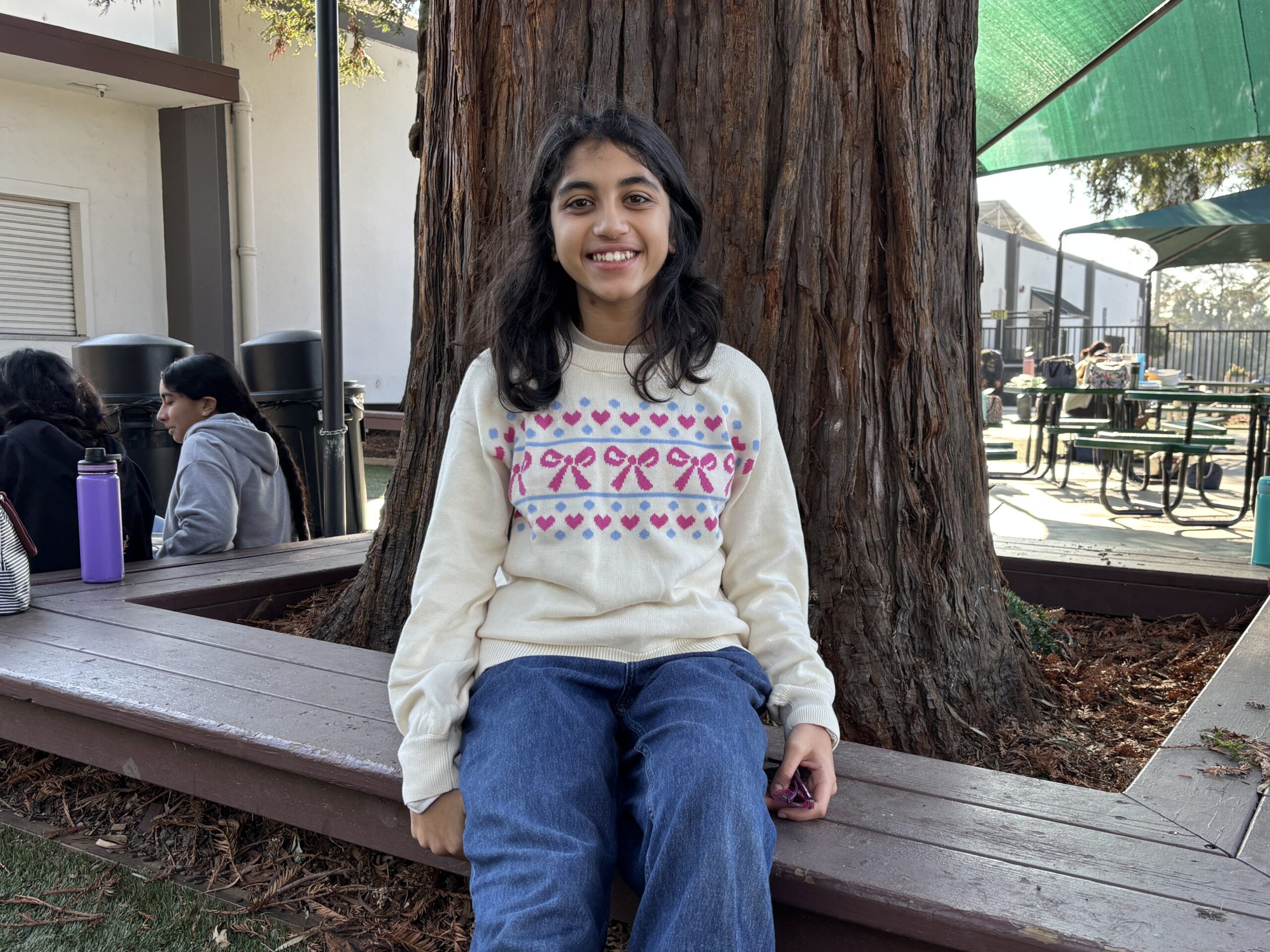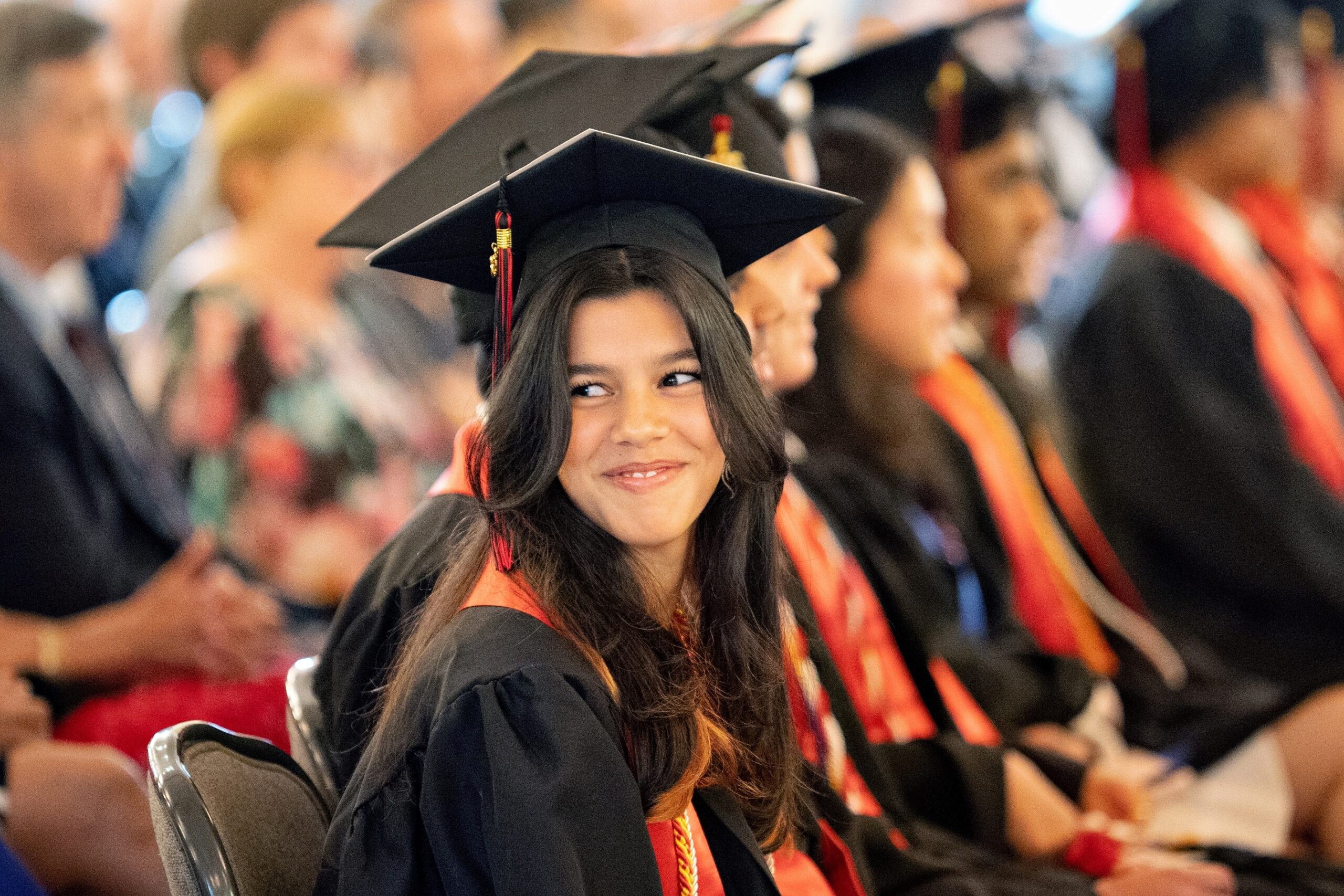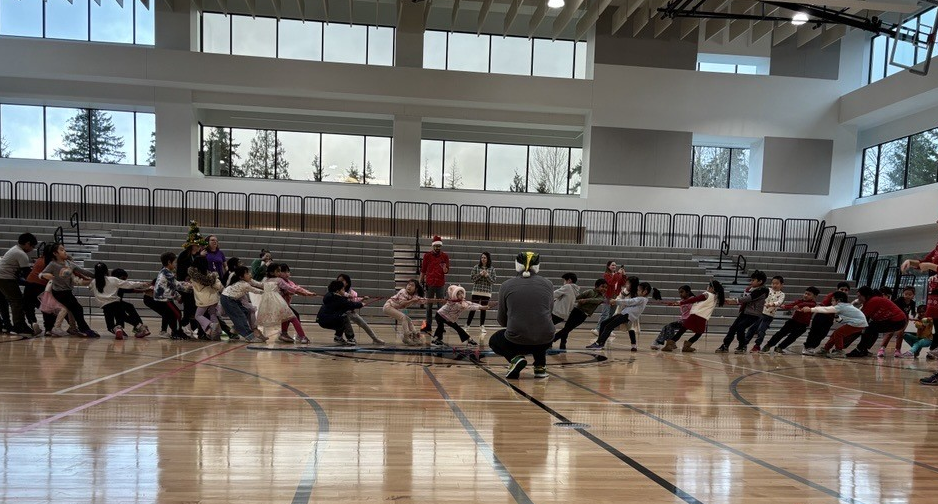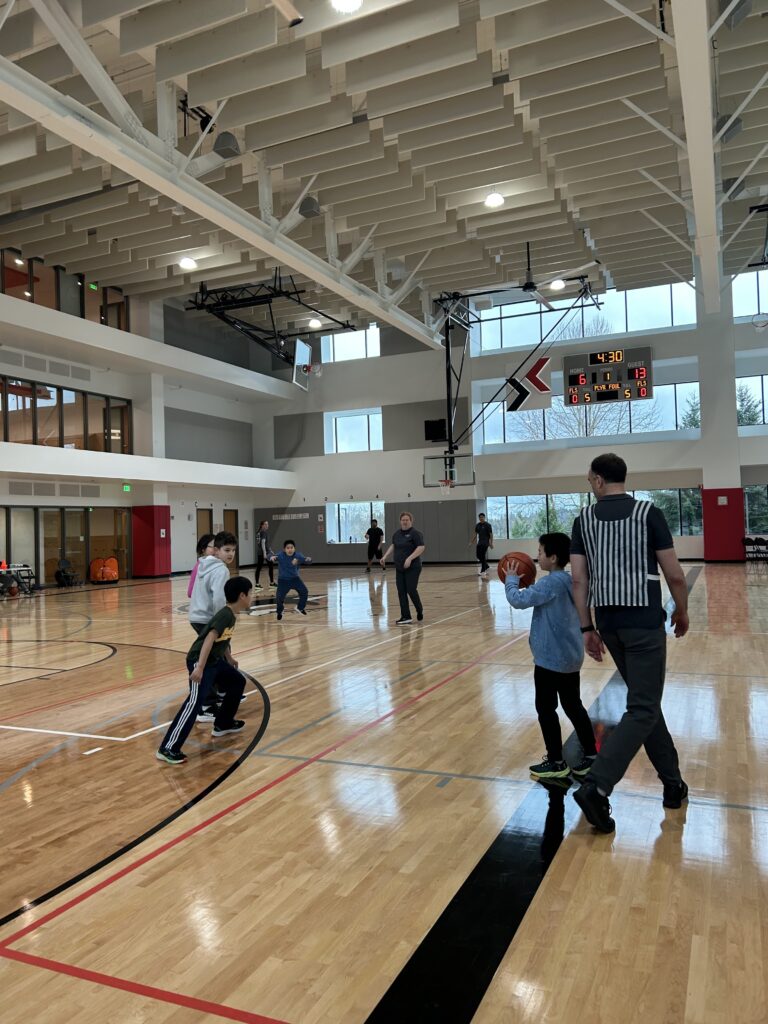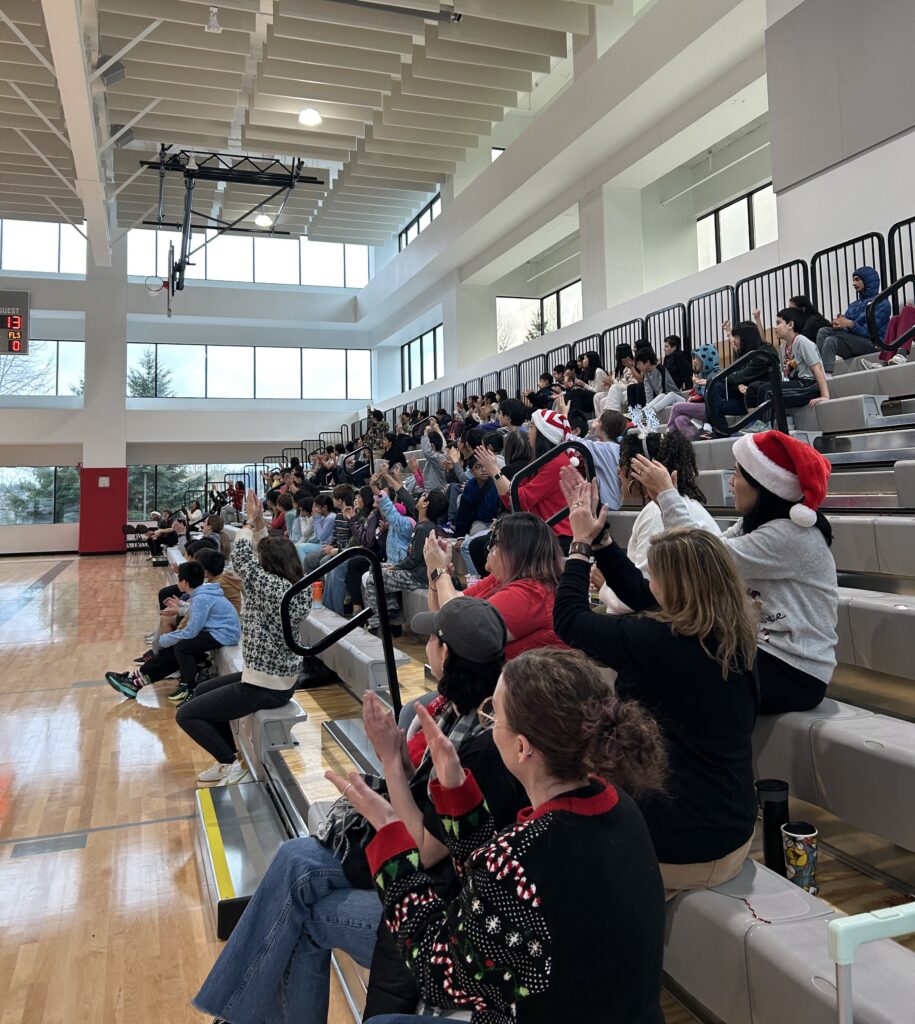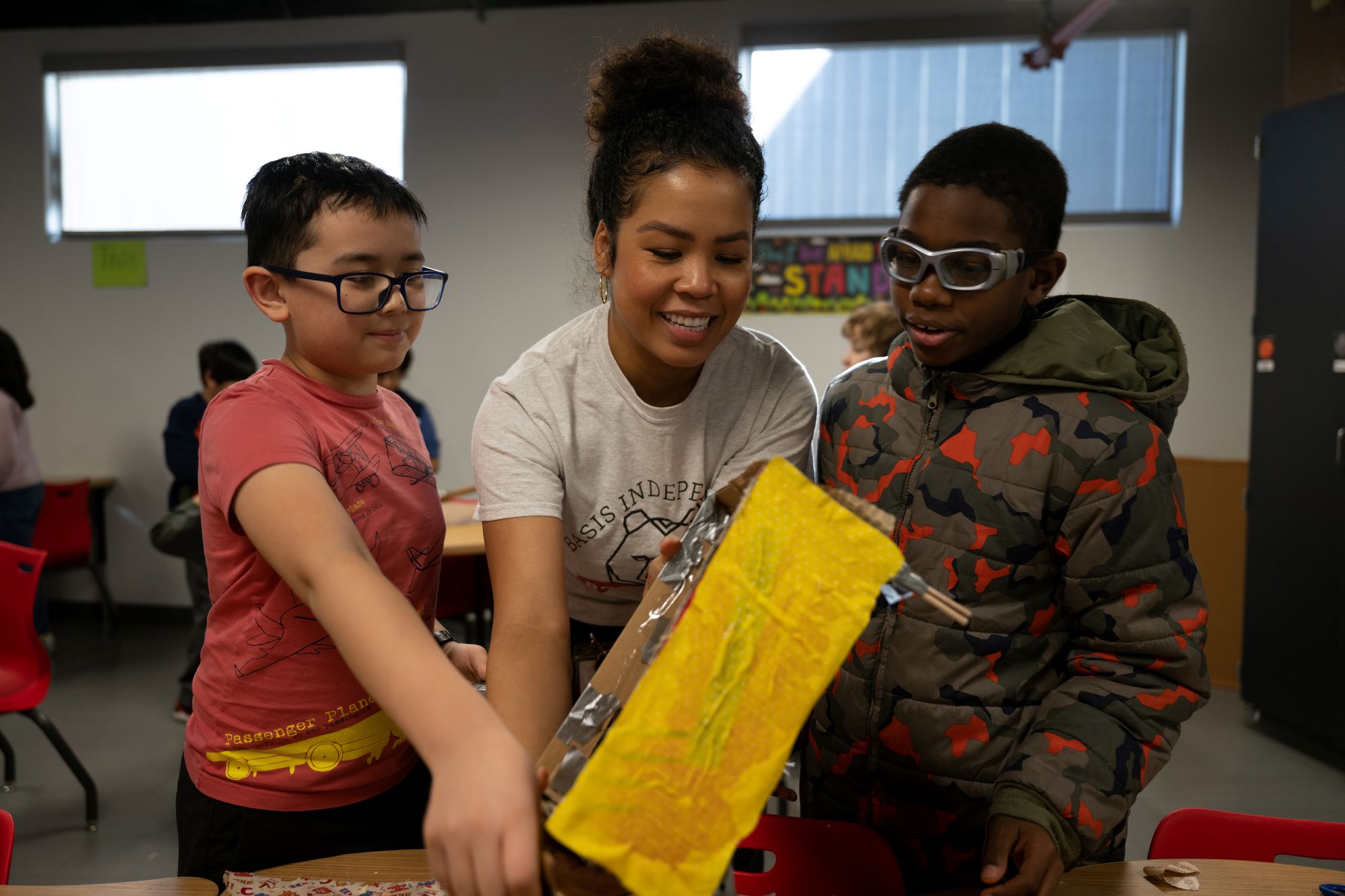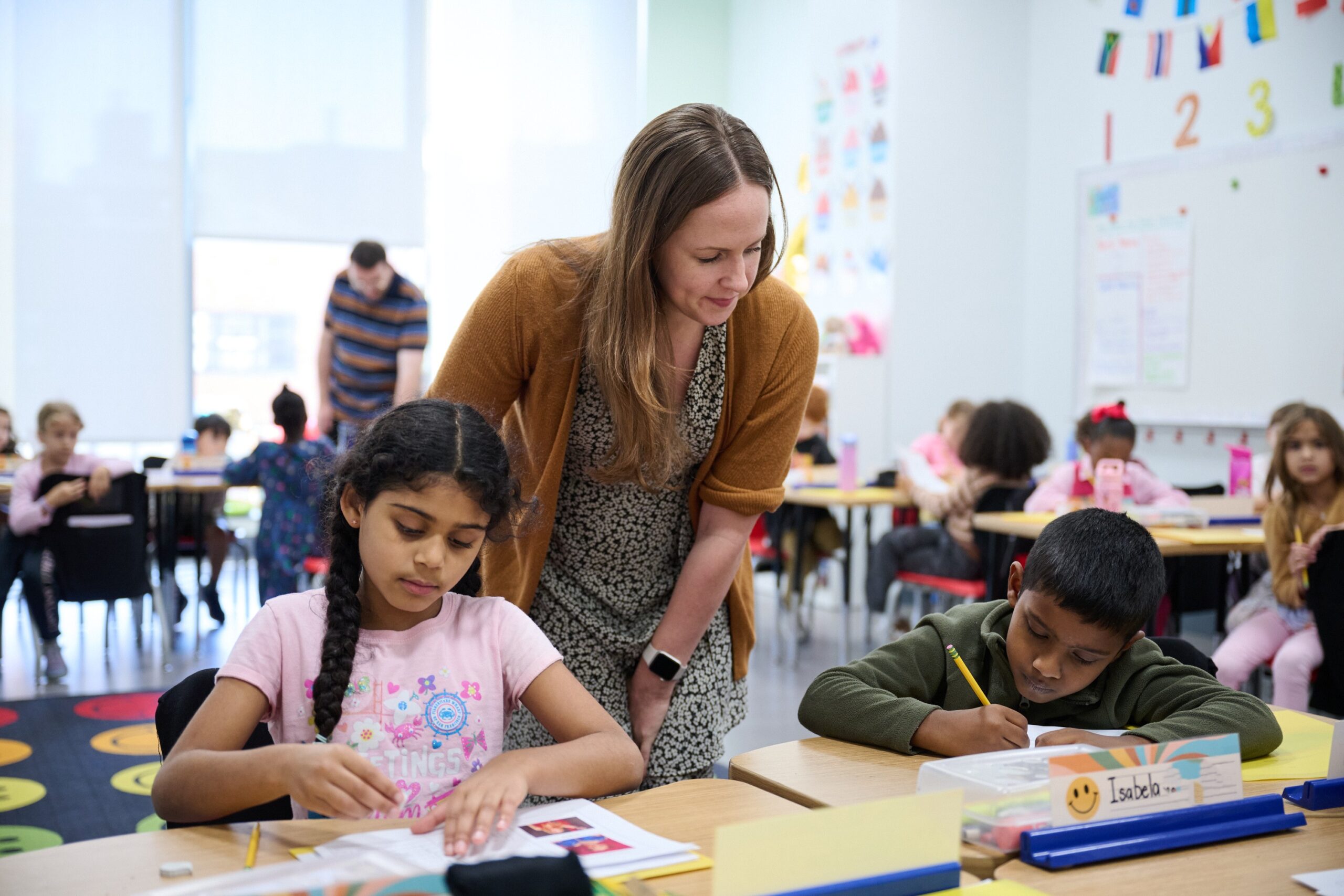Each year, the early college admissions season brings a wave of excitement to our school communities. Across our network of top-ranked high schools, we are proud to share that many of our seniors from the Class of 2026 have already received early offers of admission to colleges and universities across the country and internationally.
Early College Acceptance Results
Colleges and Universities With at Least One Acceptance: 130
Total Early Acceptances Across Our Network of Schools: 738
Top 25 Colleges and Universities Total Acceptances: 39
Total Acceptances in International Universities: 26
Rankings from US News & World Report 2025-2026 Top National Universities & 2025-2026 Top National Liberal Arts Colleges
These early acceptances are the result of years of dedicated study, thoughtful conversations with their Subject Expert Teachers and College Counselors, countless drafts of essays, and a deep commitment to growth both inside and outside the classroom. We celebrate these students not only for where they have been admitted, but also for the perseverance, character, and curiosity that brought them to this moment.
At the same time, we recognize that the college admissions journey looks different for every student. Many of our seniors are still waiting to hear back from institutions in the weeks and months ahead. As decisions continue to roll in over the coming months, we look forward to celebrating every milestone together as one community, united by the shared belief that our students are prepared to thrive wherever their journeys lead.
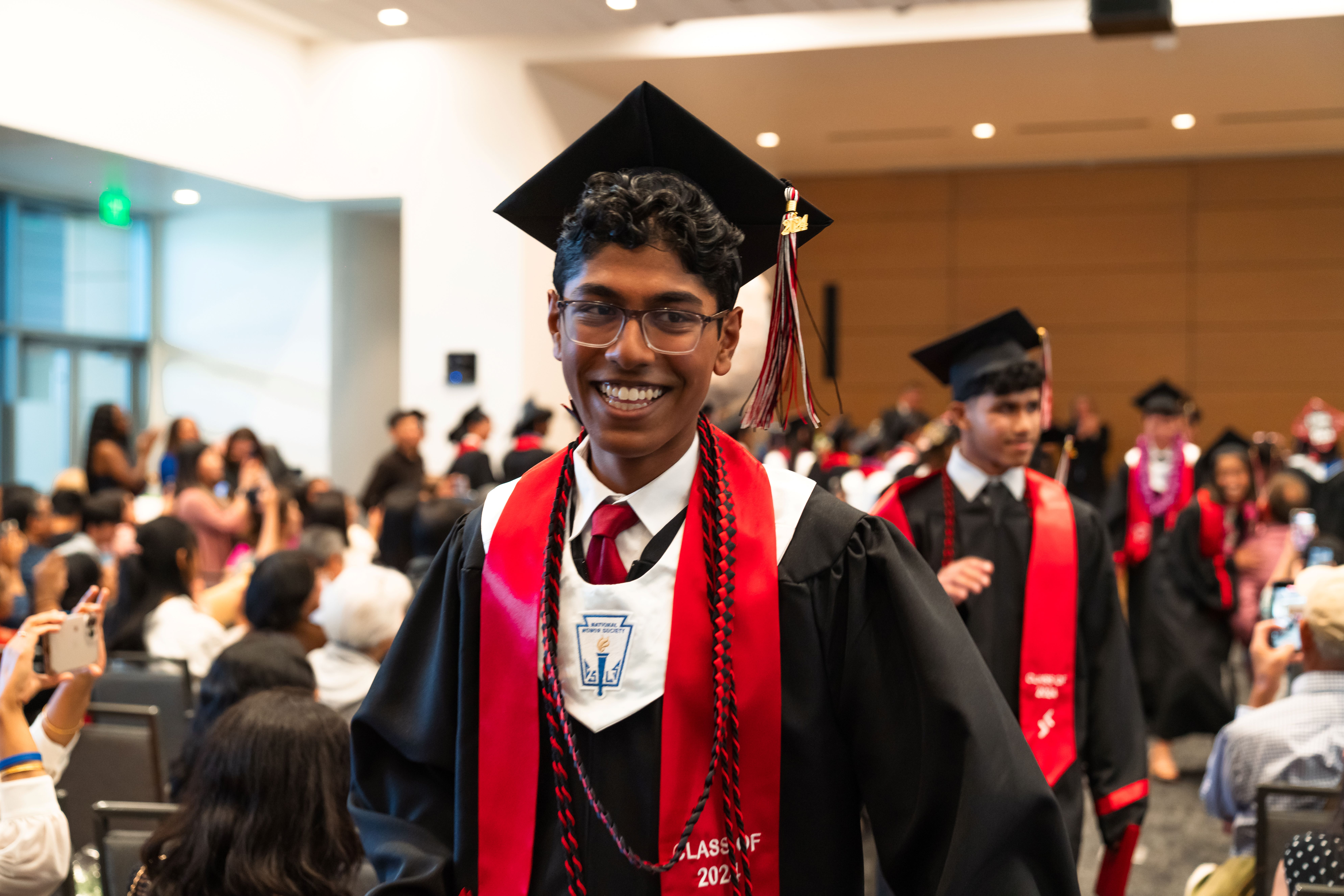
One of the strengths of being part of a broader network of schools is the depth of support available to our students. Beginning in grade 9, our dedicated college counseling teams on each campus, with the collaborative expertise shared across our network, guide our students with individualized support and provide them with a community that believes in their potential.
We are proud of the resilience our students demonstrate throughout this process. Applying to college requires reflection, vulnerability, and courage. Regardless of outcomes, the growth our seniors experience during this season is meaningful and lasting.
To our students who have received early acceptances, congratulations. Your hard work has paid off, and we celebrate you!
To our students who are still waiting, we are with you! We are confident in your preparation, proud of your efforts, and excited for the opportunities that lie ahead.
Early College Acceptances from the Class of 2026
| UNITED STATES ACCEPTANCES |
| Adelphi University |
| American University |
| Baylor University |
| Binghamton University |
| Boston University |
| California Institute of Technology |
| Carnegie Mellon University |
| Case Western Reserve University |
| Chapman University |
| Colgate University |
| Columbia University |
| Cornell University |
| Drexel University |
| Duke University |
| Emory University |
| Fairfield University |
| Fordham University |
| George Mason University |
| Georgetown University |
| Georgia Institute of Technology |
| Georgia State University |
| Harvey Mudd College |
| Hofstra University |
| Indiana University |
| James Madison University |
| Johns Hopkins University |
| Loyola Marymount University |
| Marquette University |
| Massachusetts Institute of Technology |
| Michigan State University |
| New York University |
| Northeastern University |
| Northwestern University |
| Nova Southeastern University |
| Oakwood University |
| Oberlin College |
| Oregon State University |
| Pace University |
| Penn State University |
| Pepperdine University |
| Purdue University |
| Rensselaer Polytechnic Institute |
| Rice University |
| Rochester Institute of Technology |
| Rutgers University (Camden) |
| Rutgers University (New Brunswick) |
| Rutgers University (Newark) |
| San Diego State University |
| San Francisco State University |
| Santa Clara University |
| Sarah Lawrence College |
| Stanford University |
| Stony Brook University |
| SUNY University at Buffalo |
| Sweet Briar College |
| Temple University |
| The Ohio State University |
| The University of Texas at Austin |
| Union College |
| University at Albany |
| University of Alabama at Birmingham |
| University of Arizona |
| University of California (Merced) |
| University of Colorado Boulder |
| University of Delaware |
| University of Florida |
| University of Illinois at Urbana-Champaign |
| University of Iowa |
| University of Maryland |
| University of Massachusetts |
| University of Miami |
| University of Michigan |
| University of Minnesota |
| University of Nevada |
| University of North Carolina at Chapel Hill |
| University of Pennsylvania |
| University of Pittsburgh |
| University of Richmond |
| University of San Diego |
| University of San Francisco |
| University of South Florida |
| University of Southern California |
| University of the Pacific |
| University of Vermont |
| University of Virginia |
| University of Wisconsin |
| Villanova University |
| Virginia Commonwealth University |
| Virginia Polytechnic Institute and State University |
| Worcester Polytechnic Institute |
| Yale University |
| INTERNATIONAL ACCEPTANCES |
| Bocconi University |
| Hong Kong University of Science and Technology |
| Imperial College London |
| King’s College London |
| McGill University |
| The University of Edinburgh |
| The University of Warwick |
| University College London |
| University of British Columbia |
| University of Cambridge |
| University of Oxford |
| University of St Andrews |
| University of Toronto |
BASIS Independent Schools is a premier network of PreK-12 private schools with locations in some of the most bustling and dynamic metropolitan areas in the country, including California, New York, Virginia, and Washington State.

